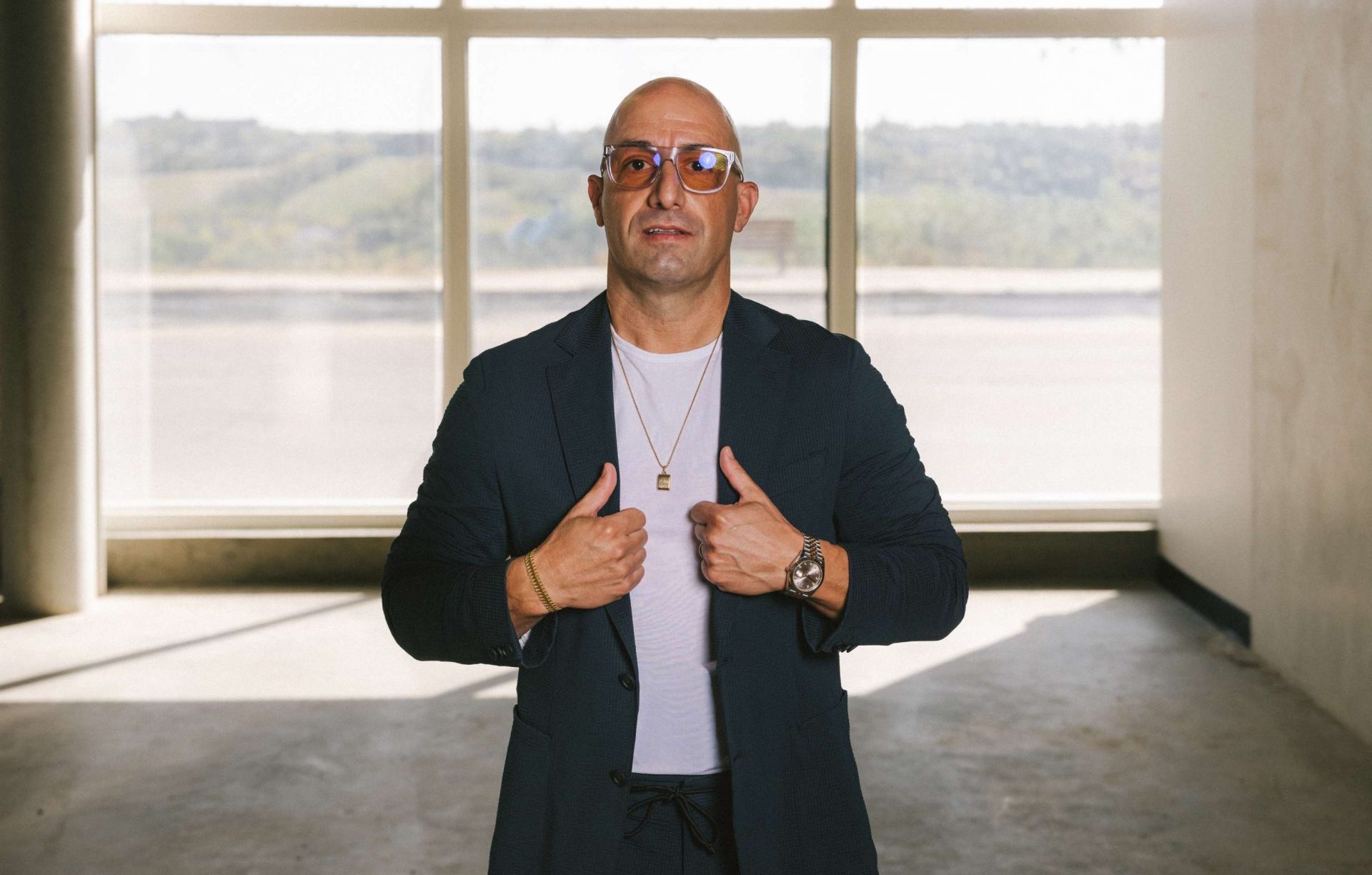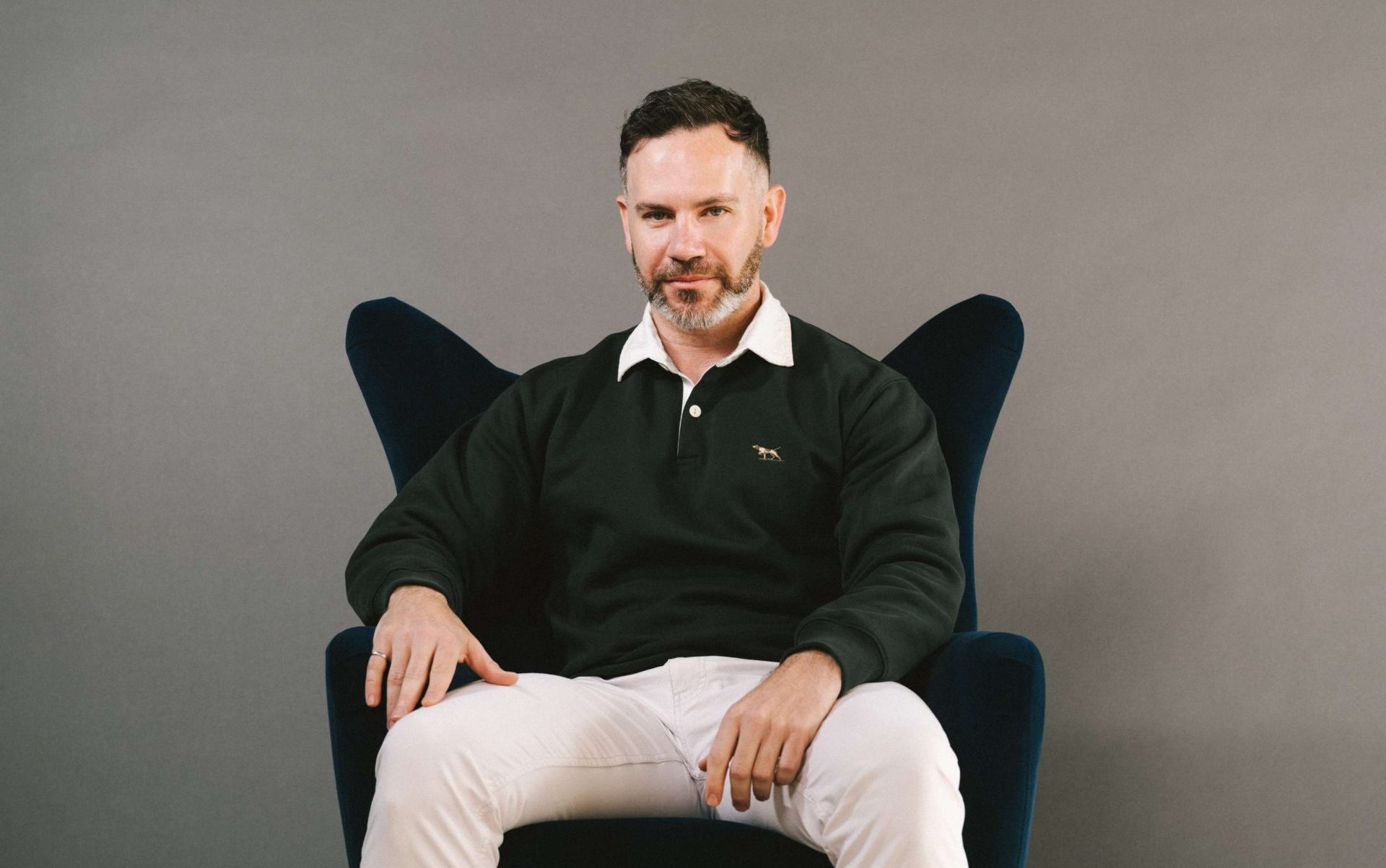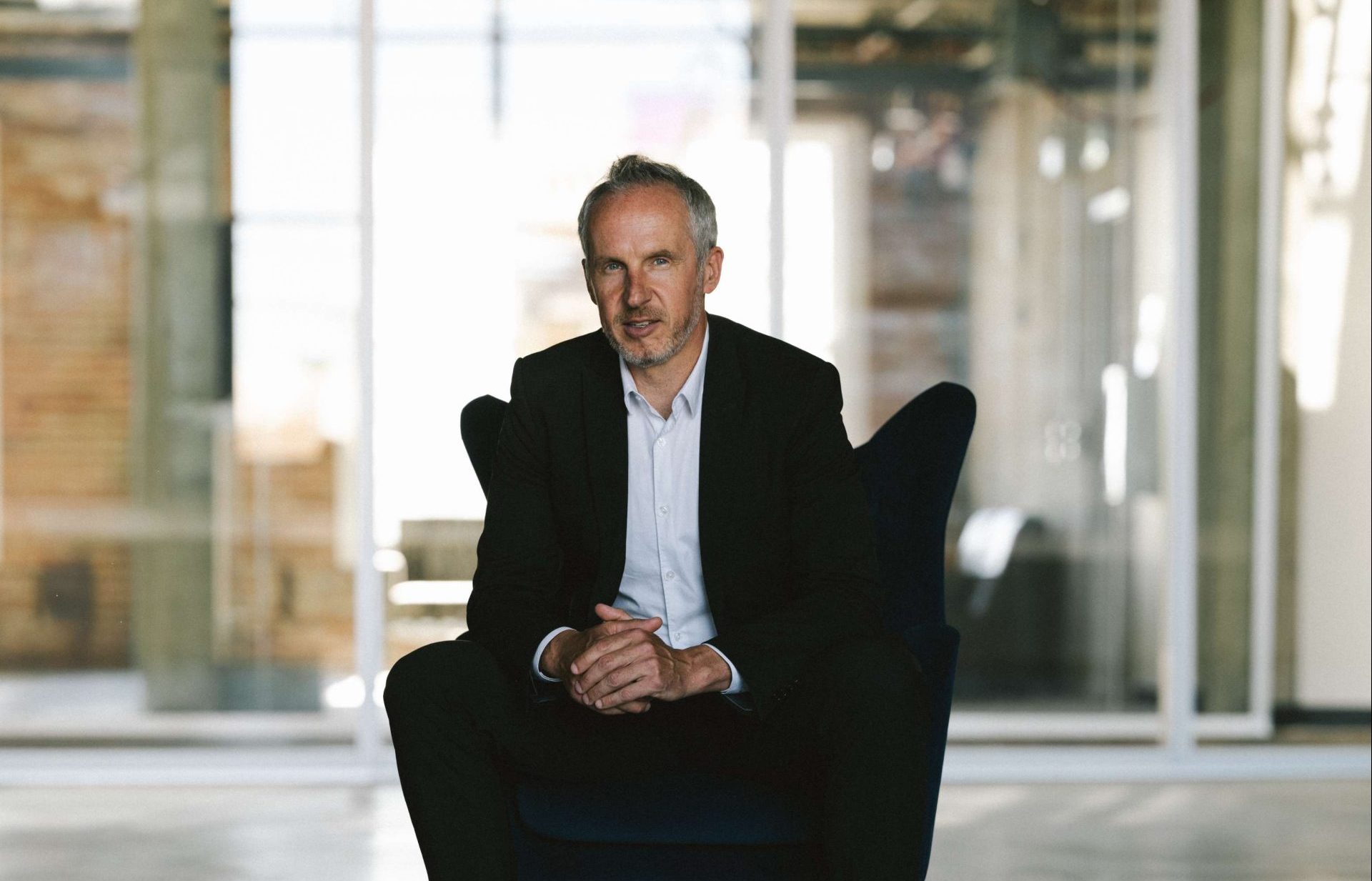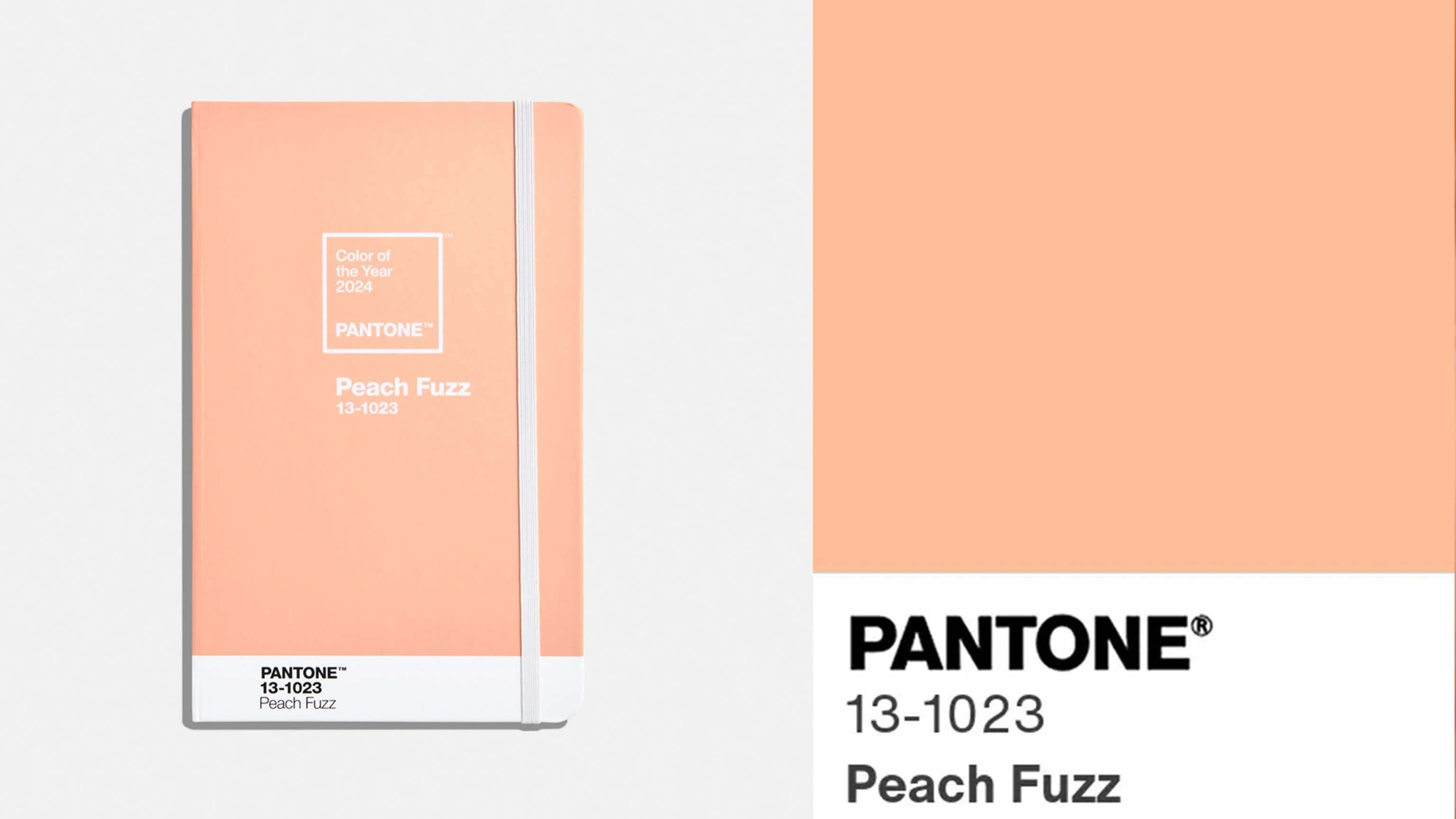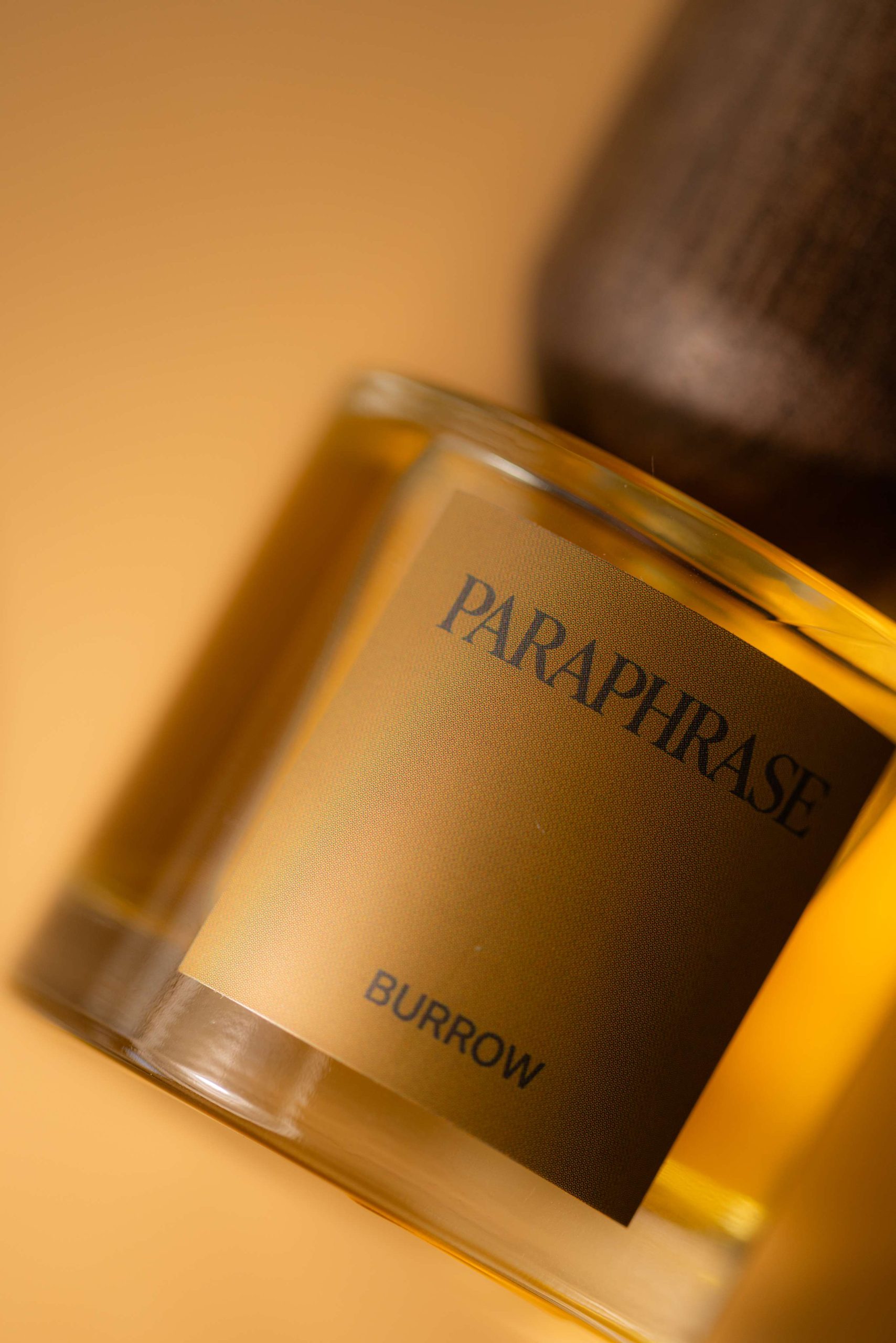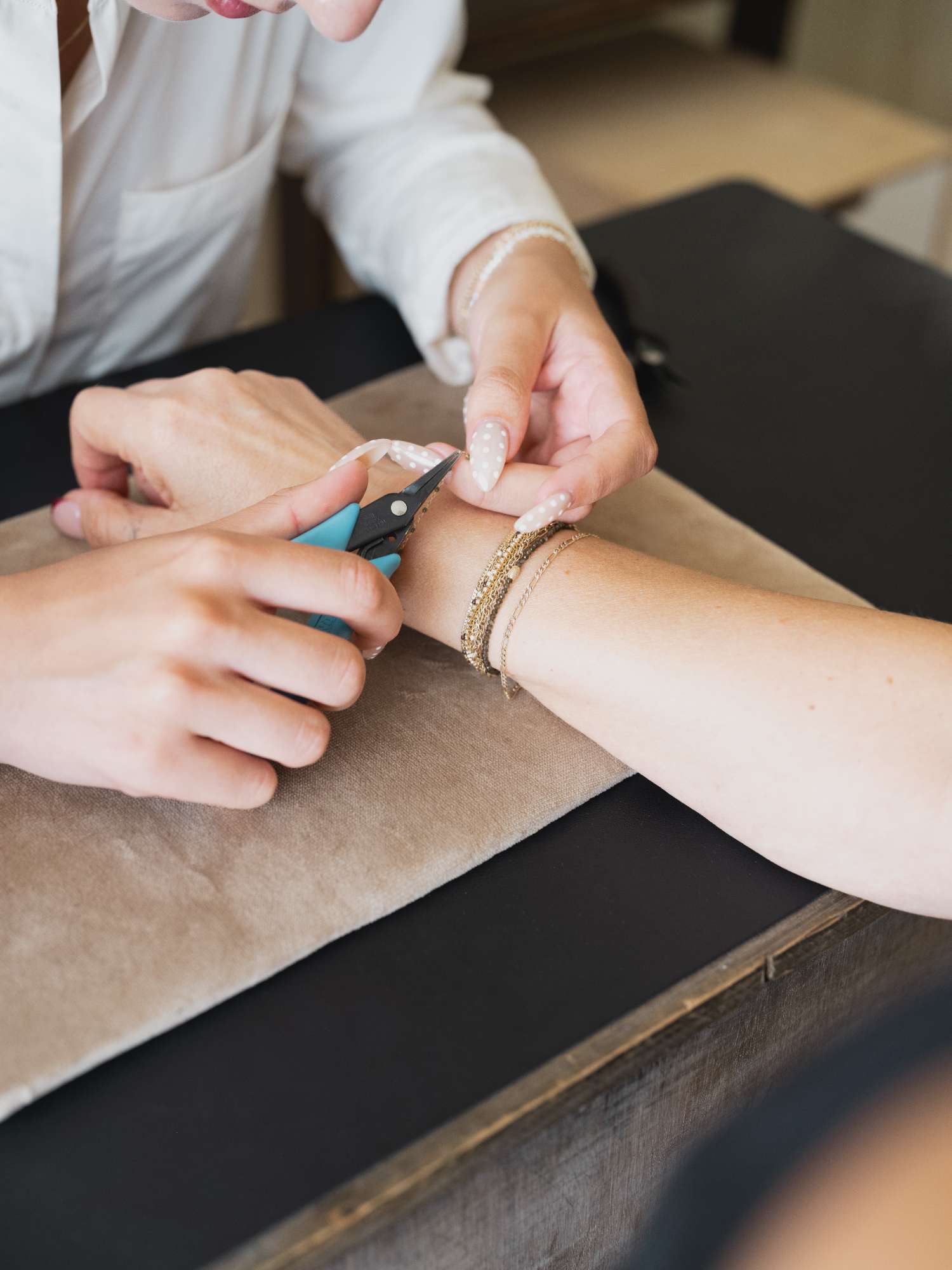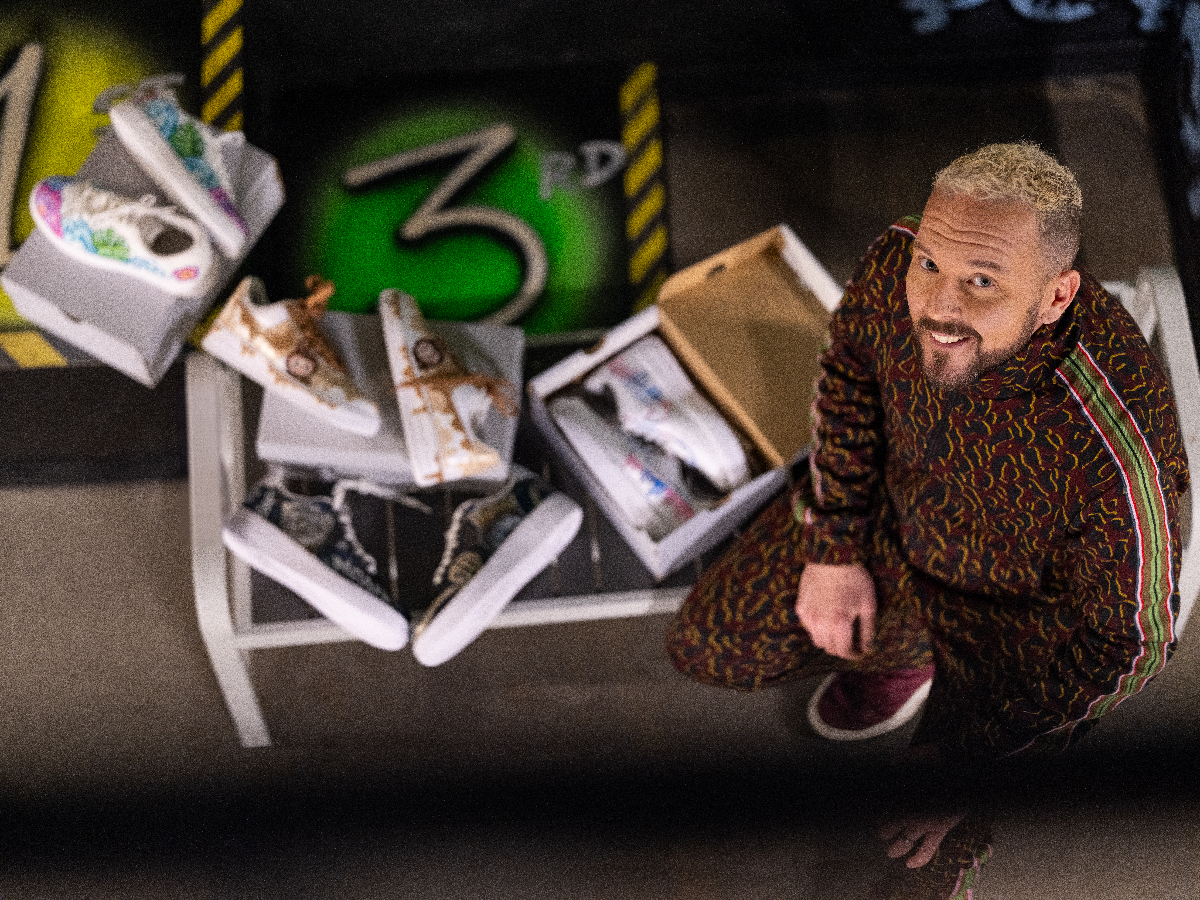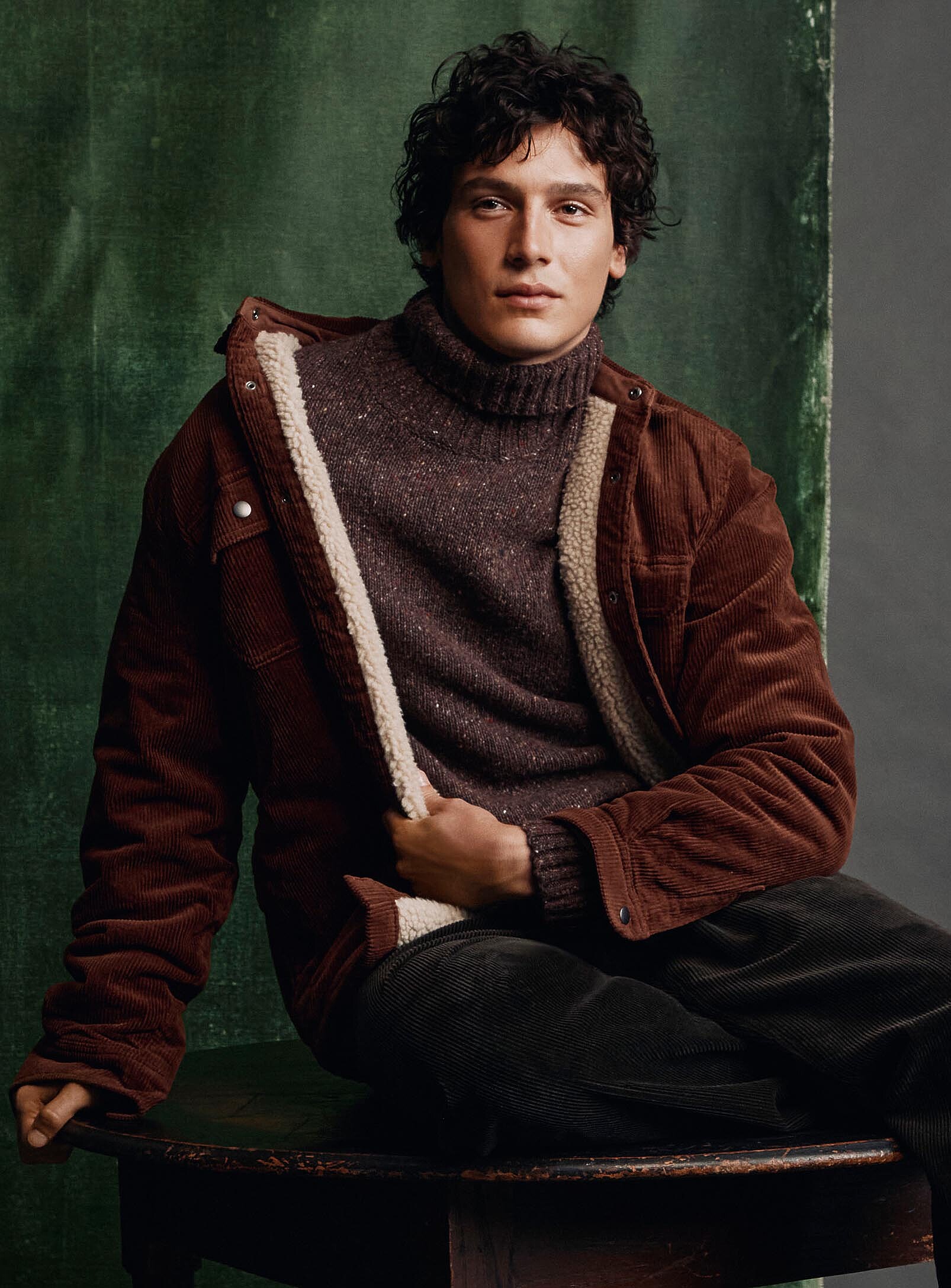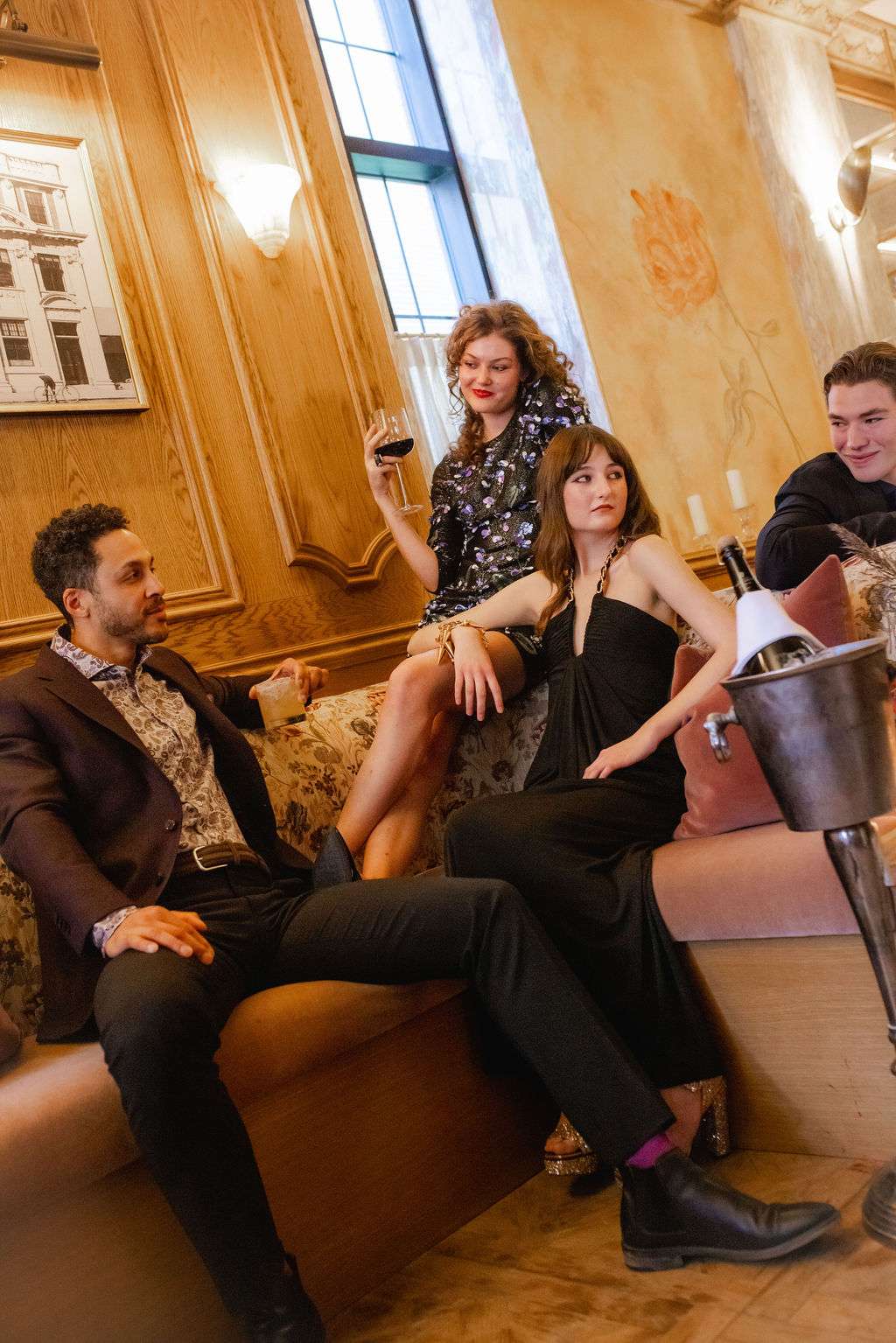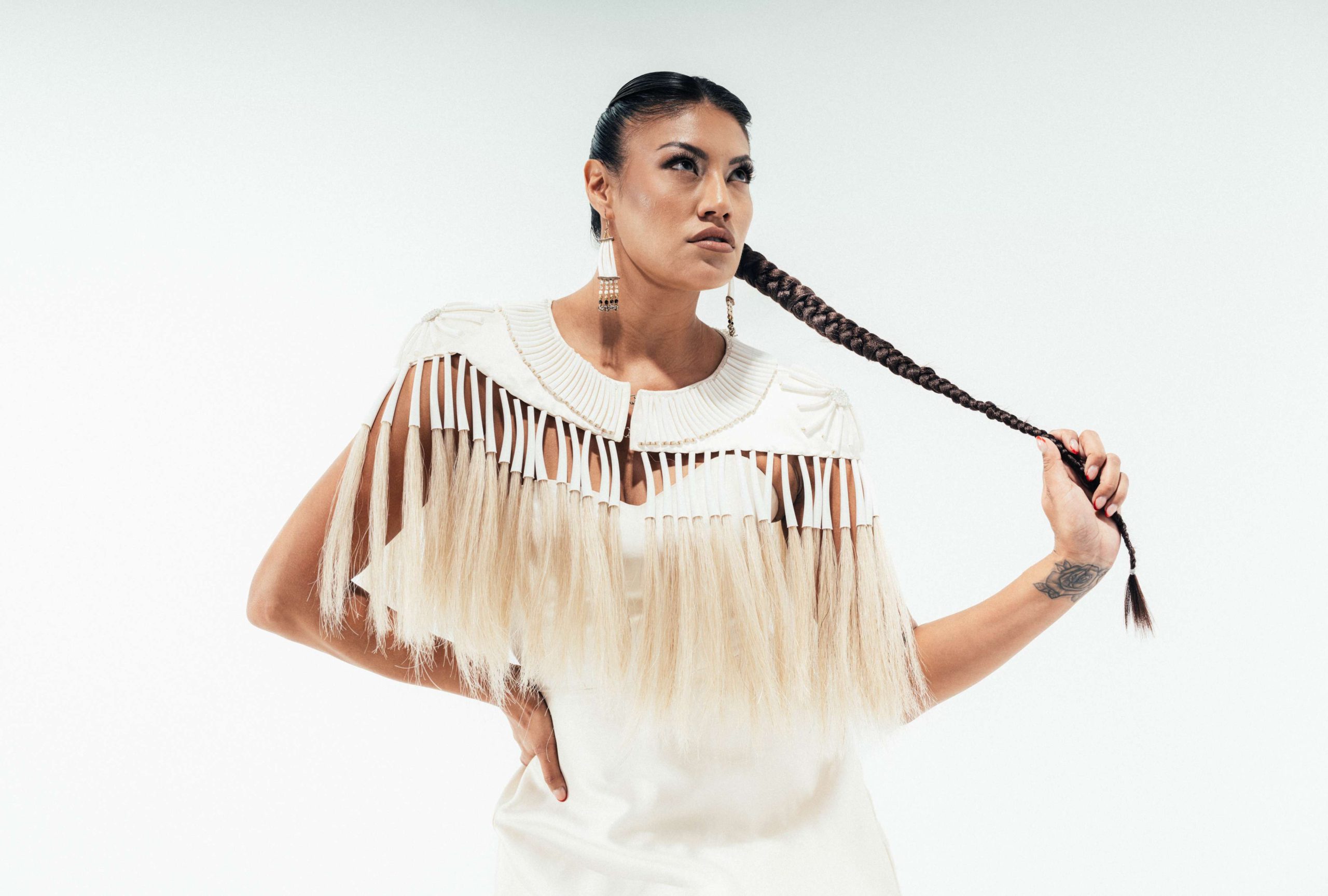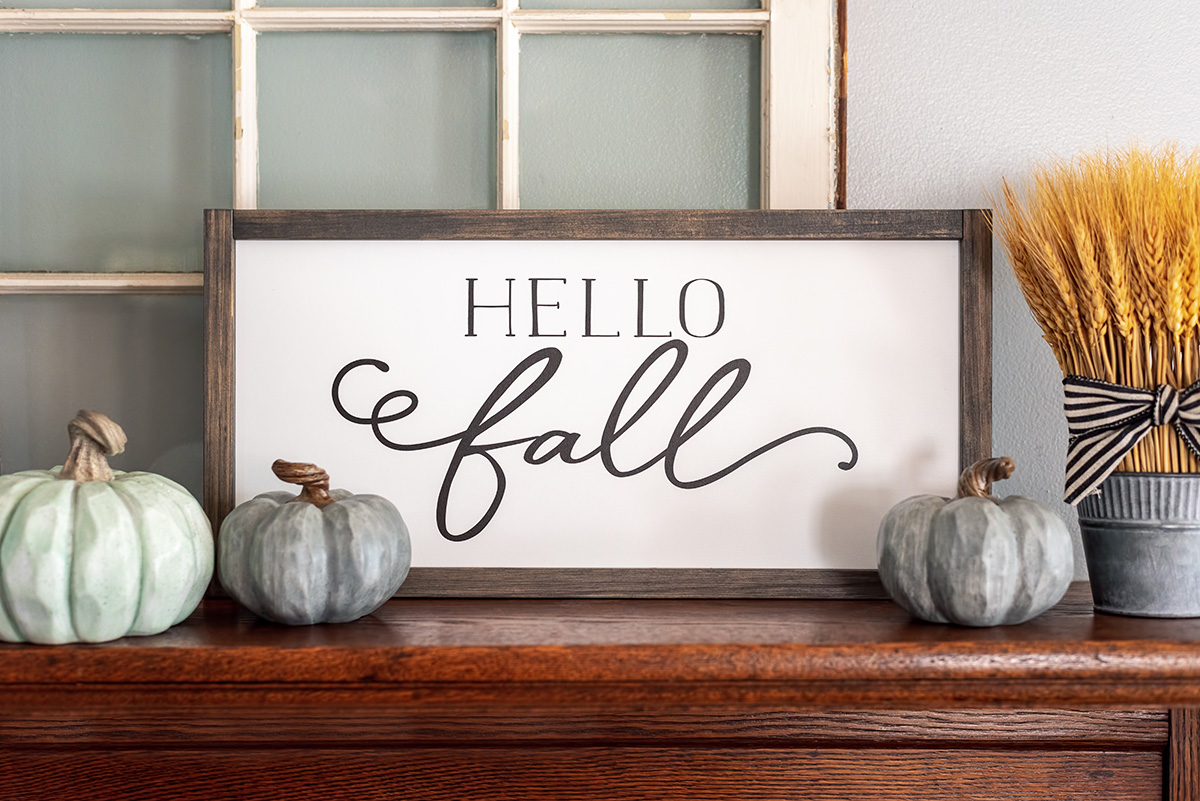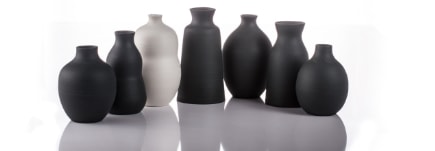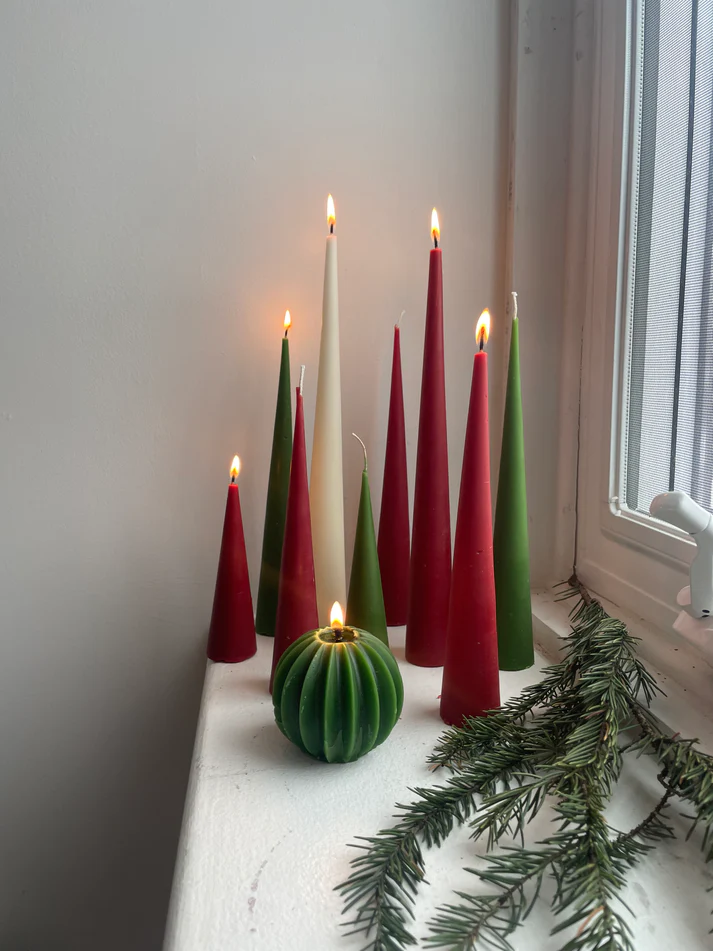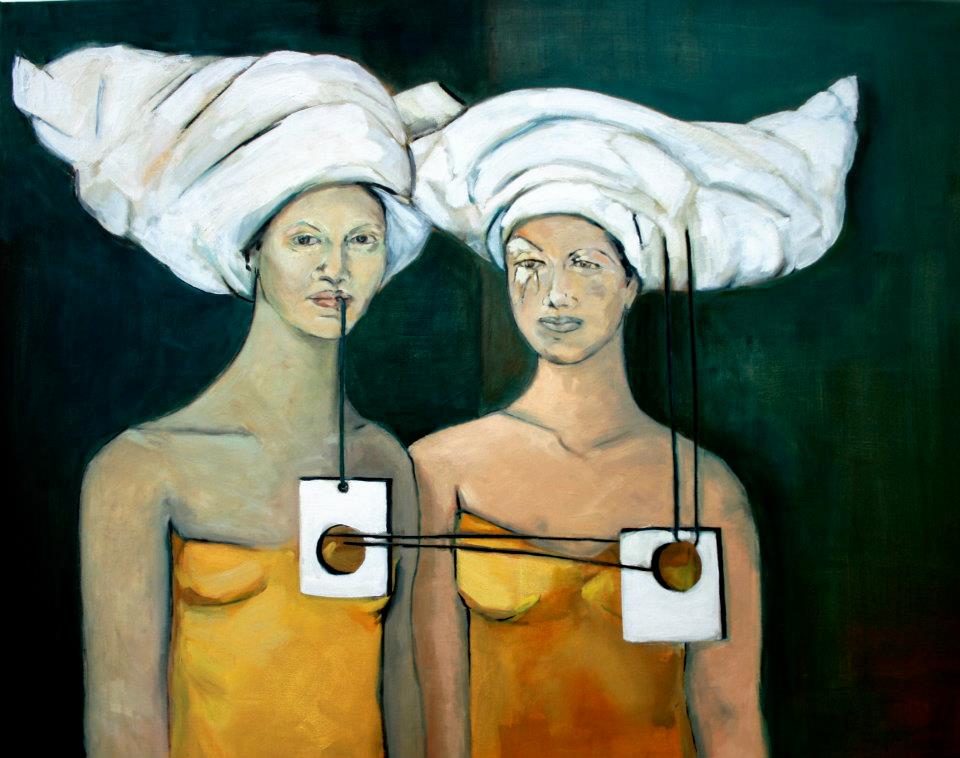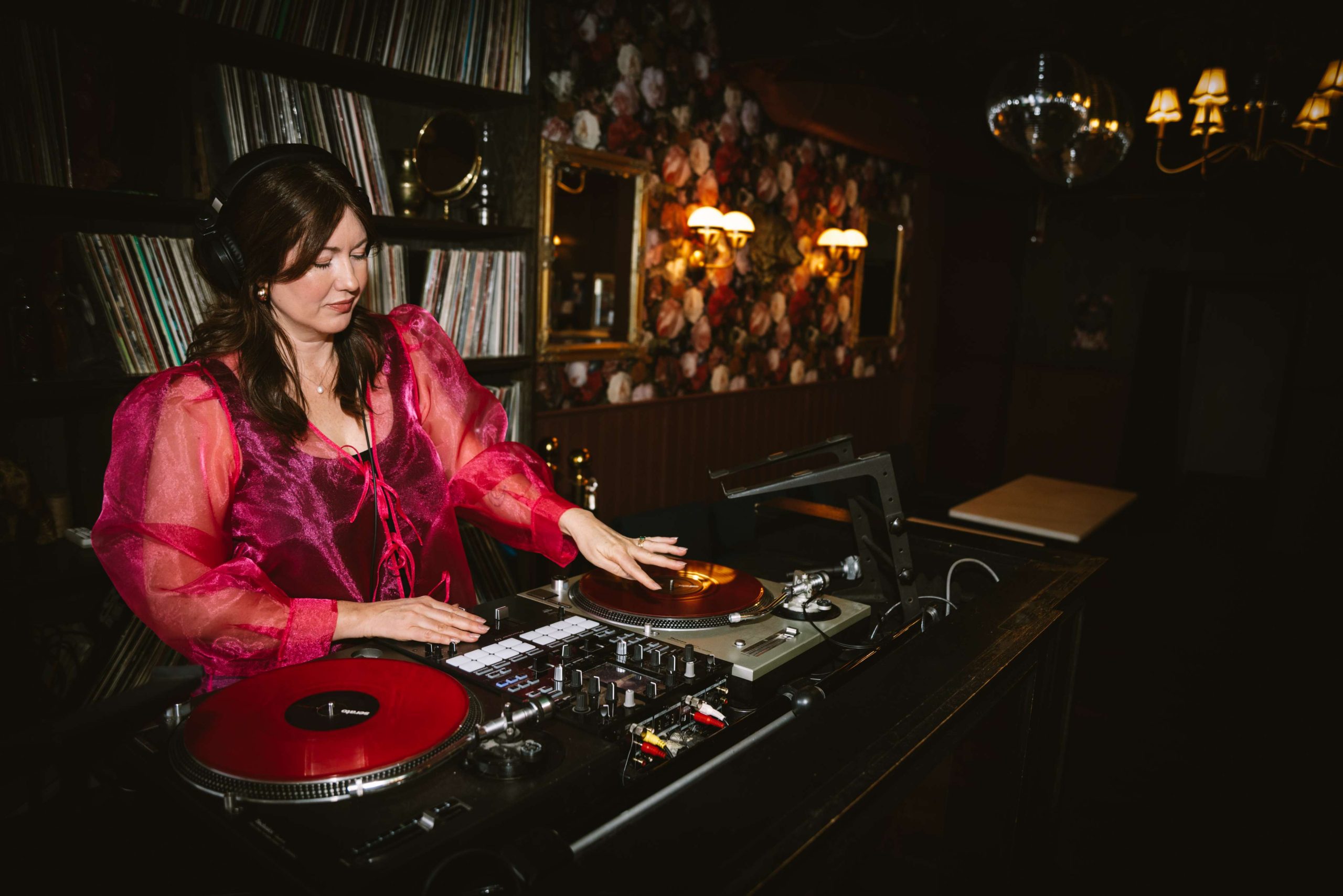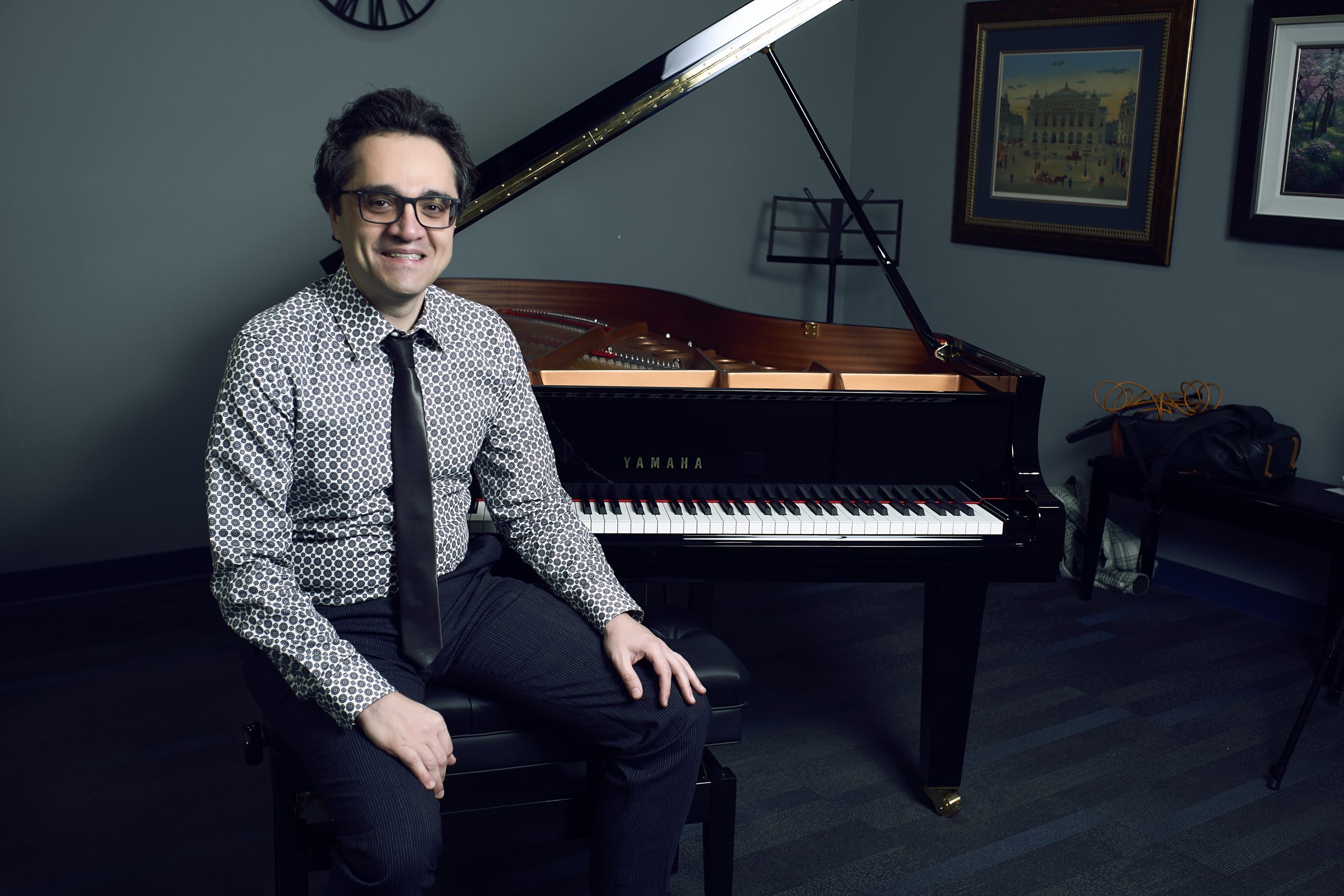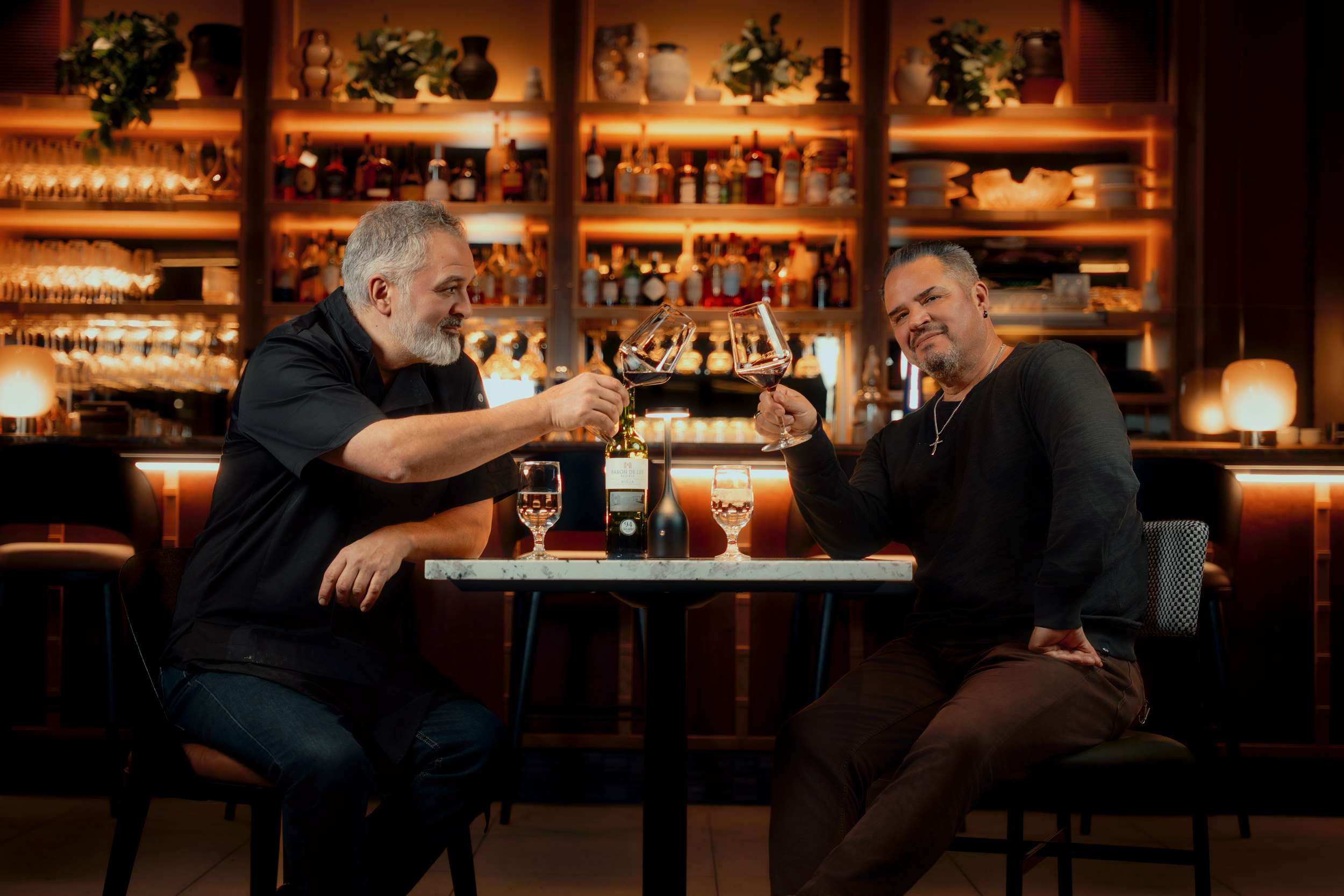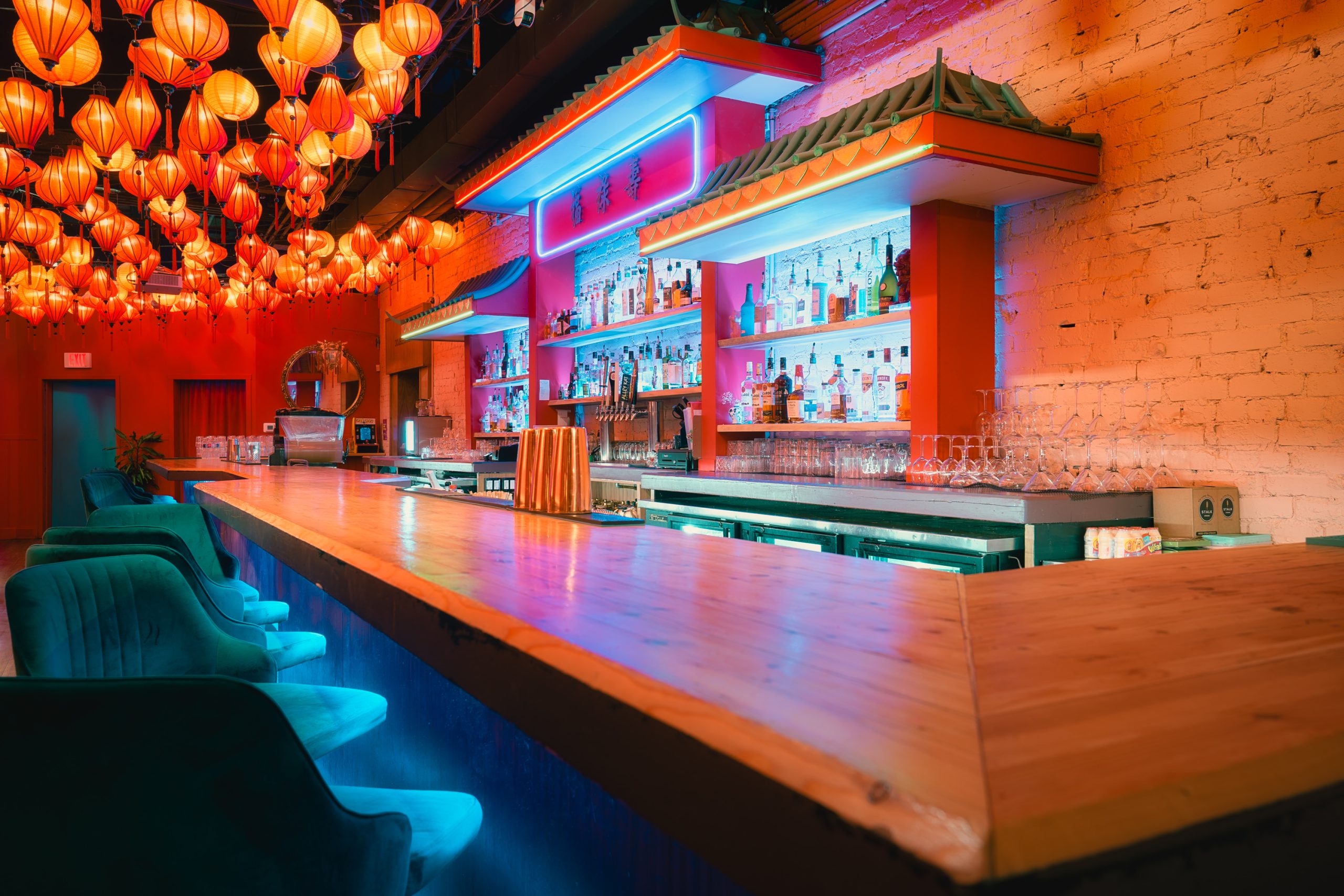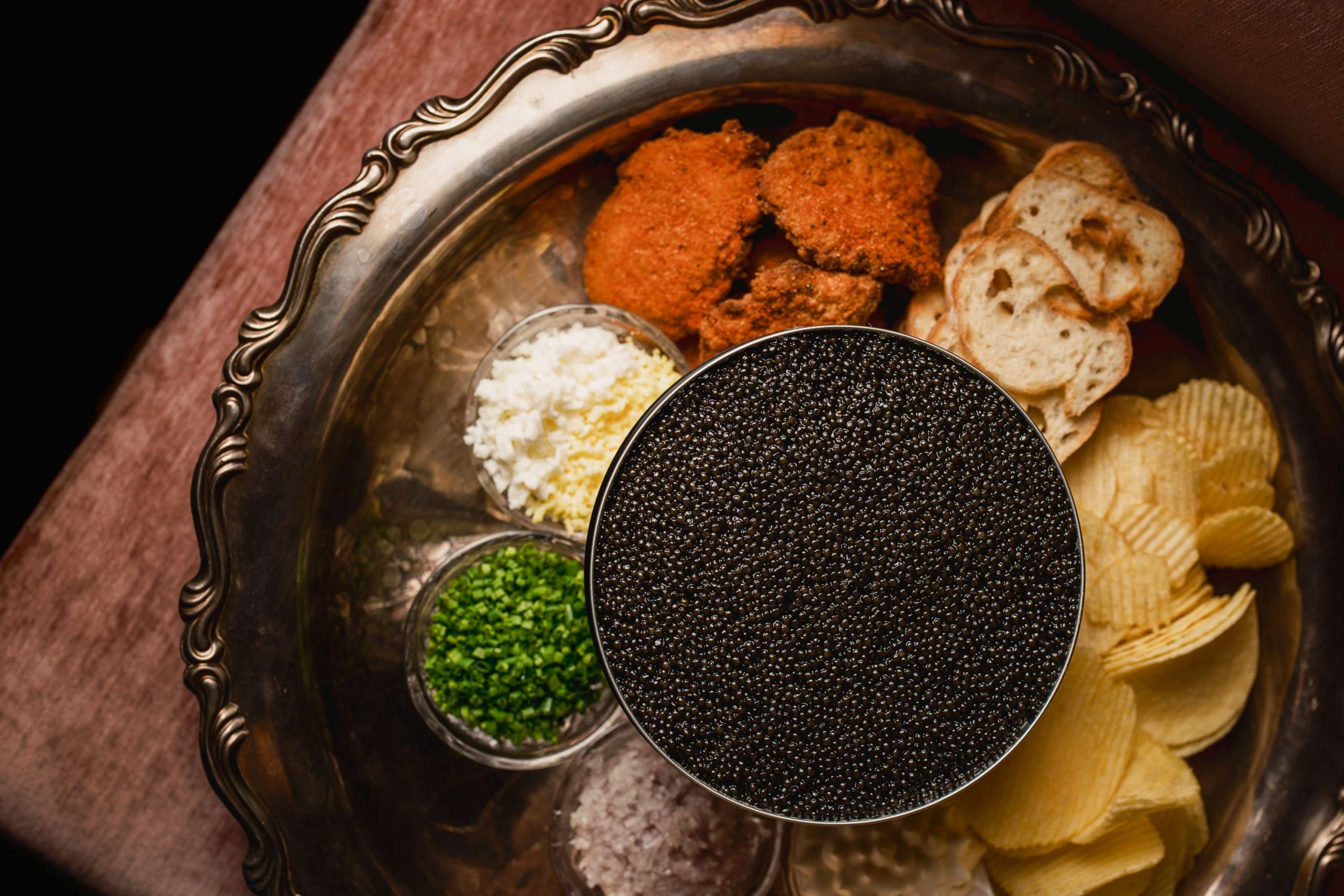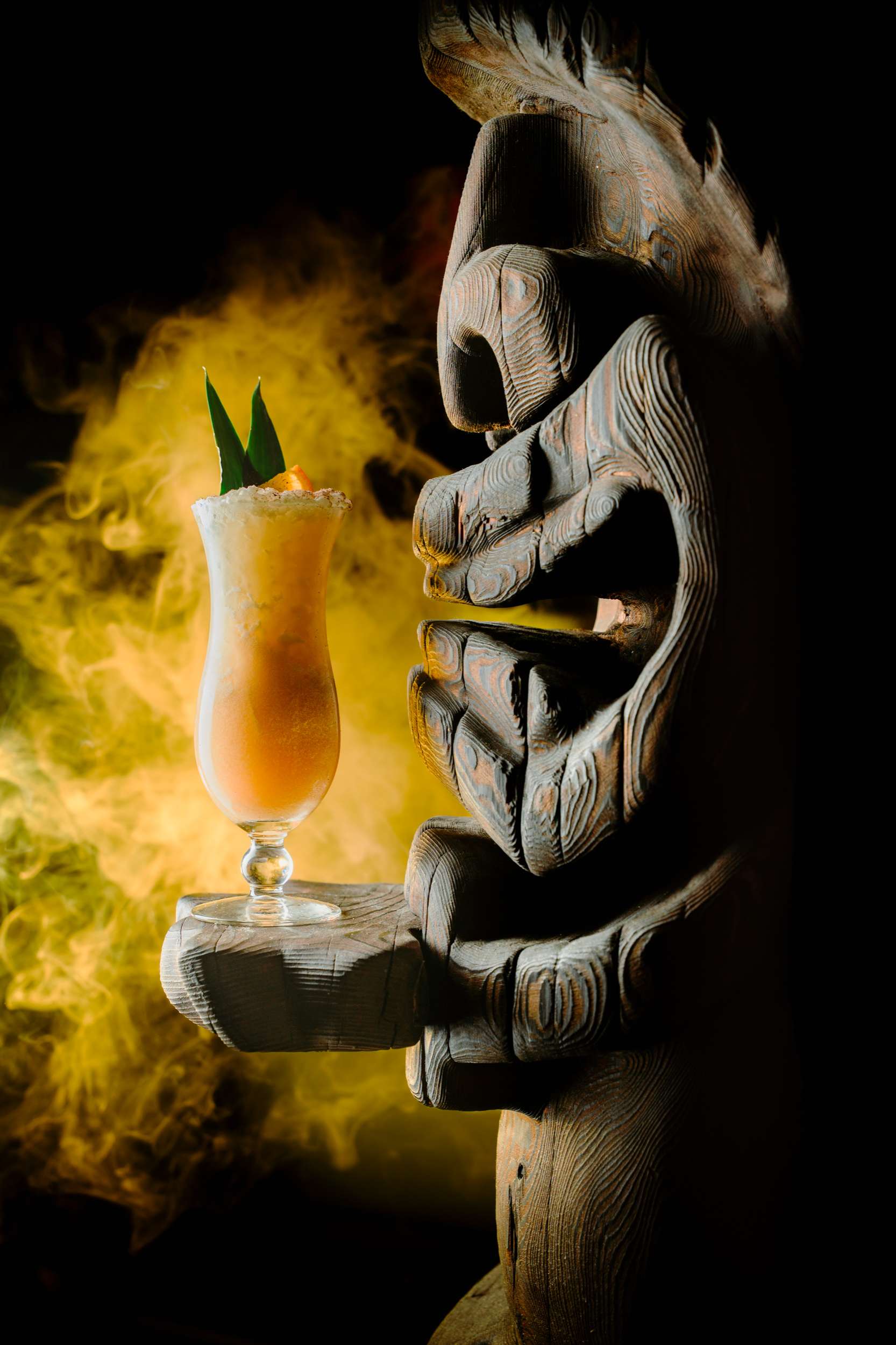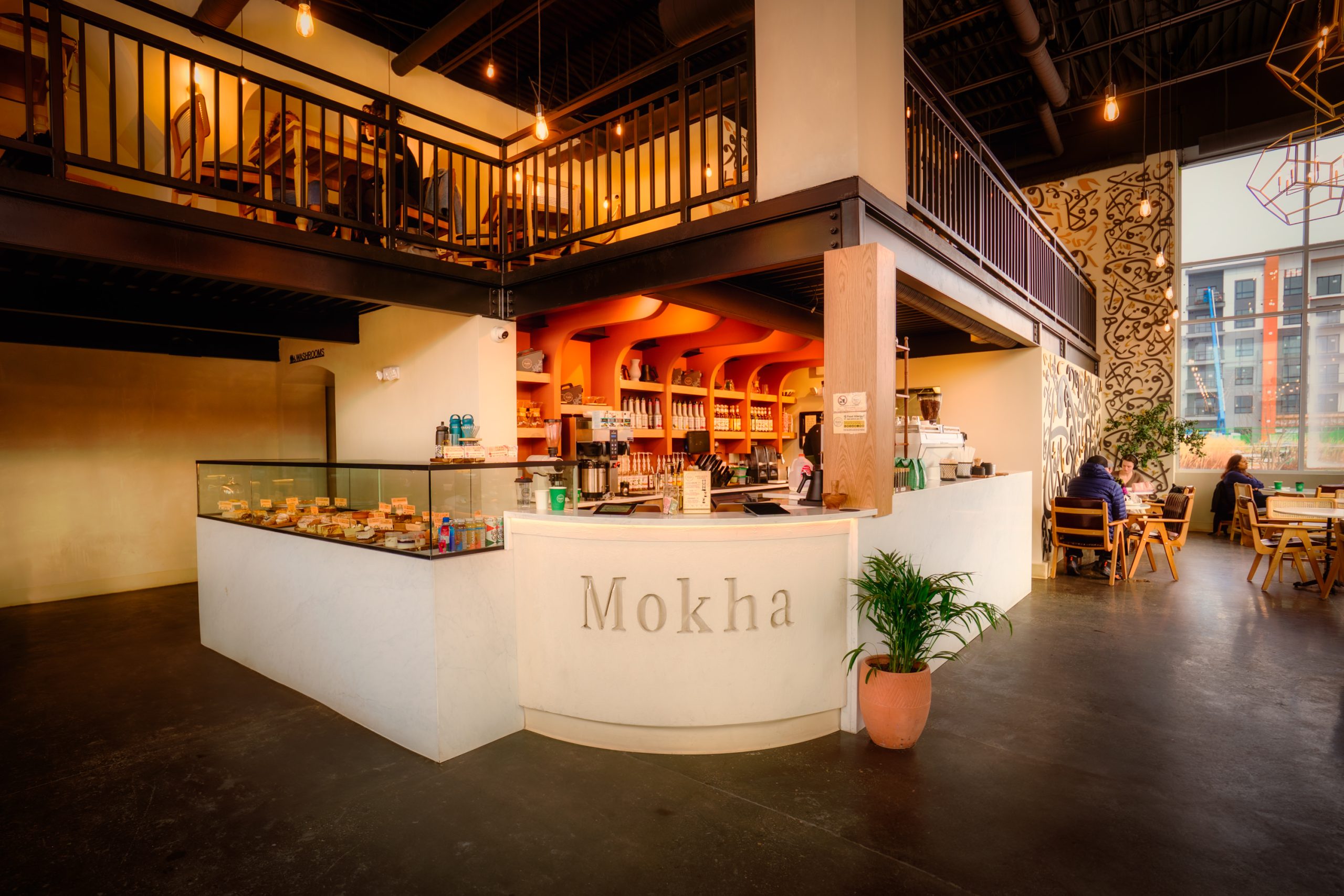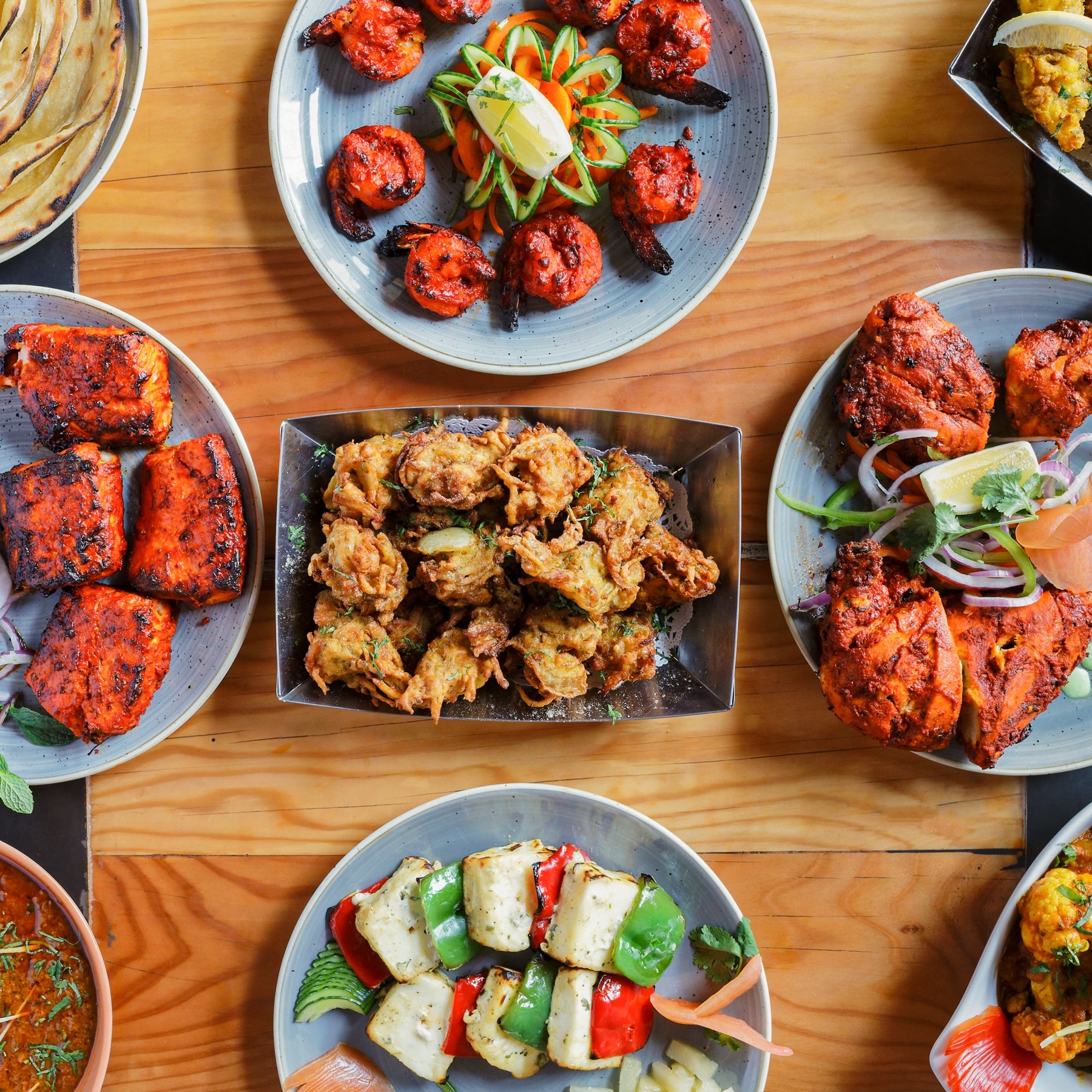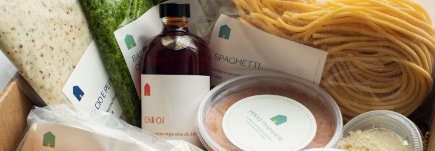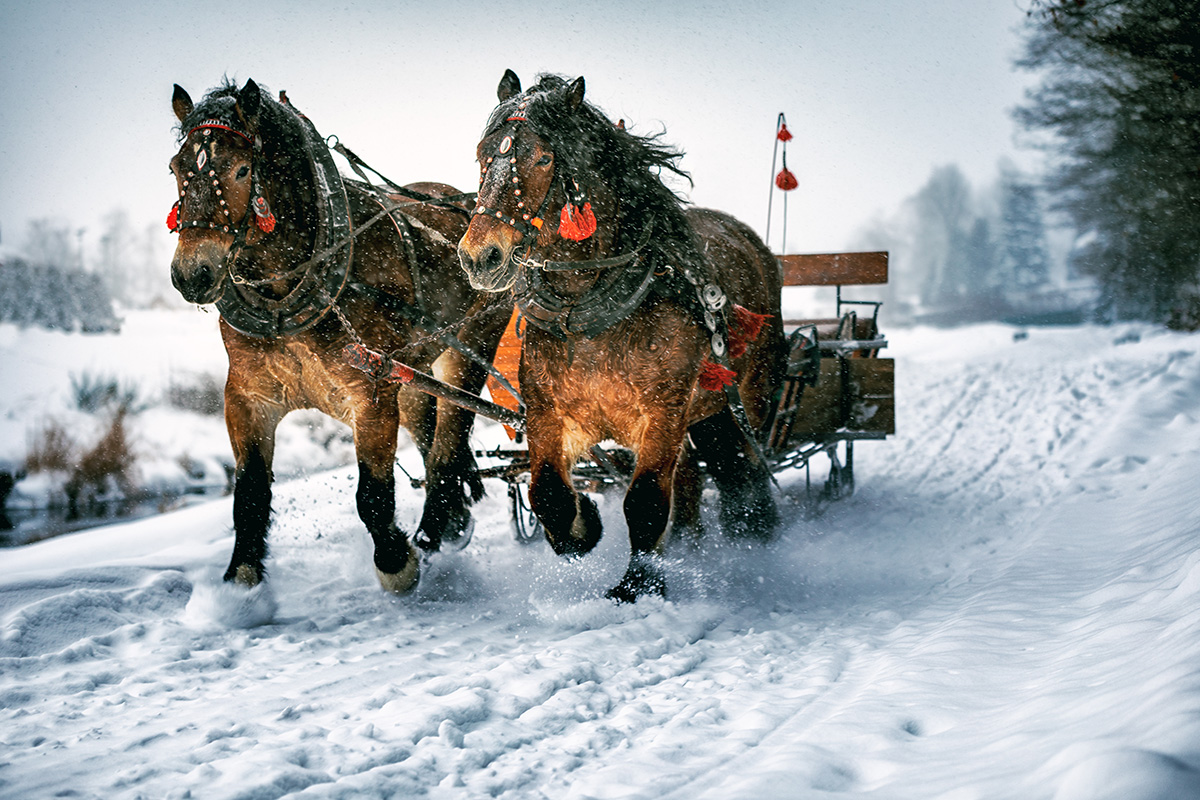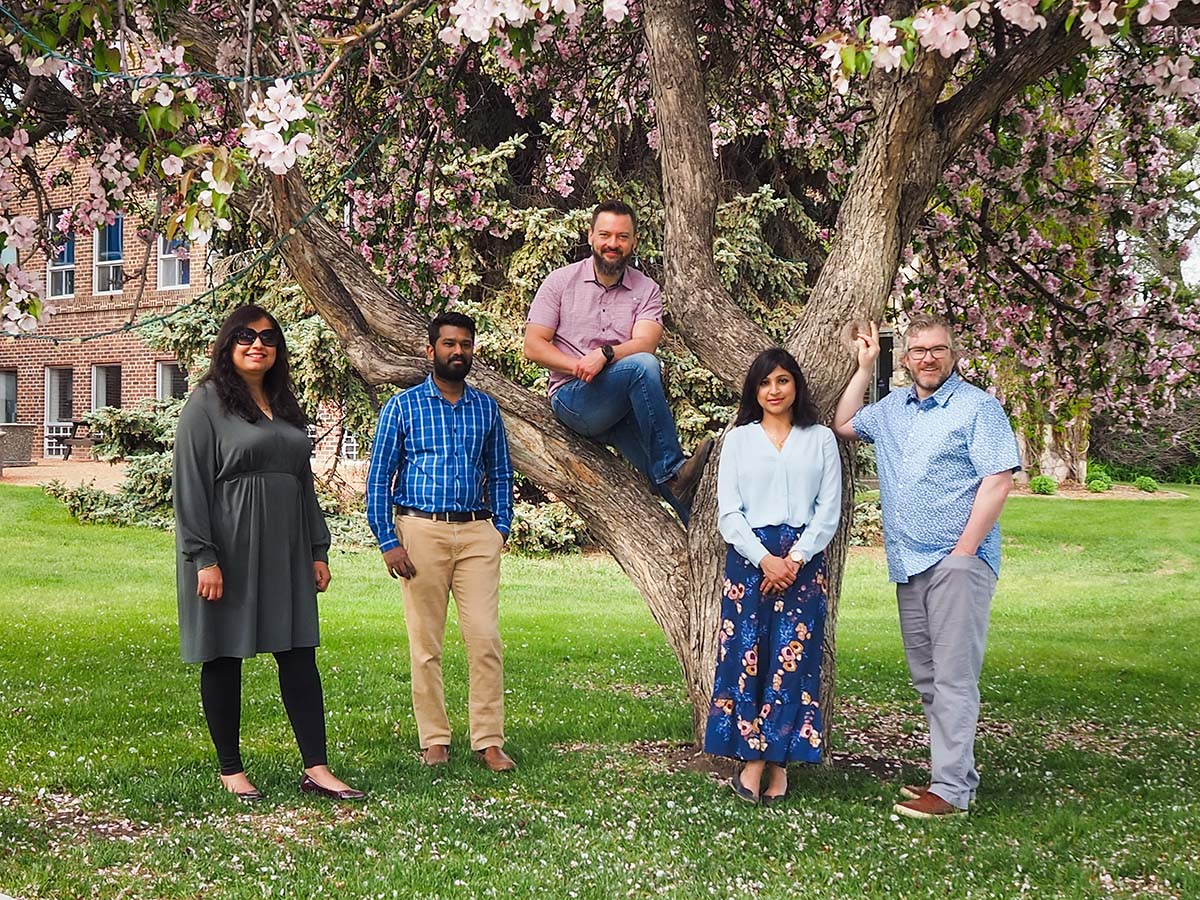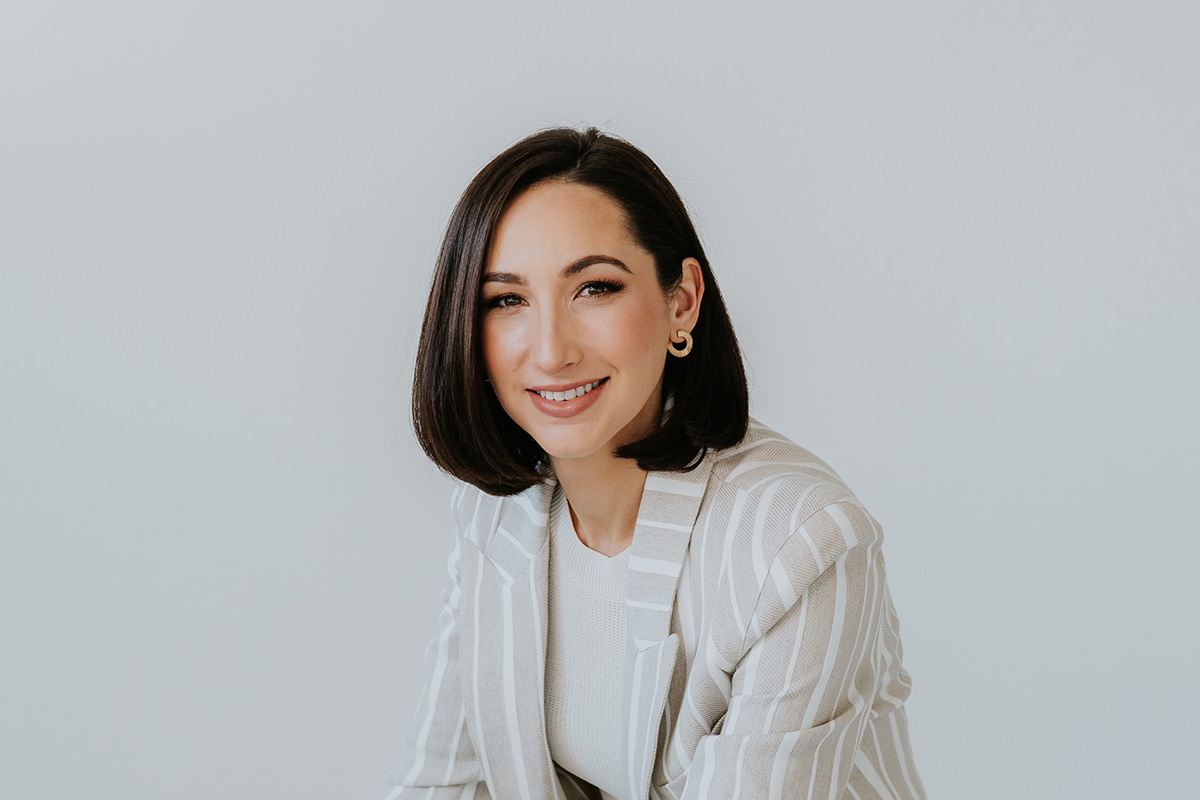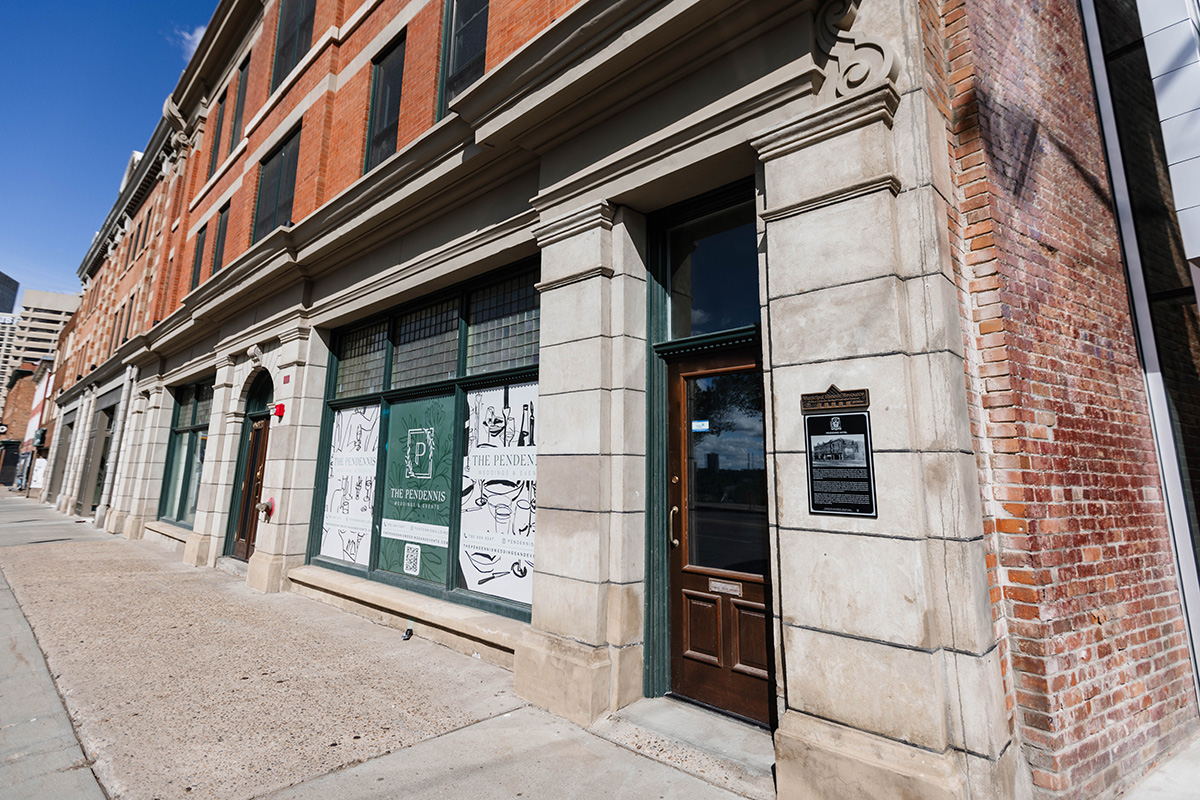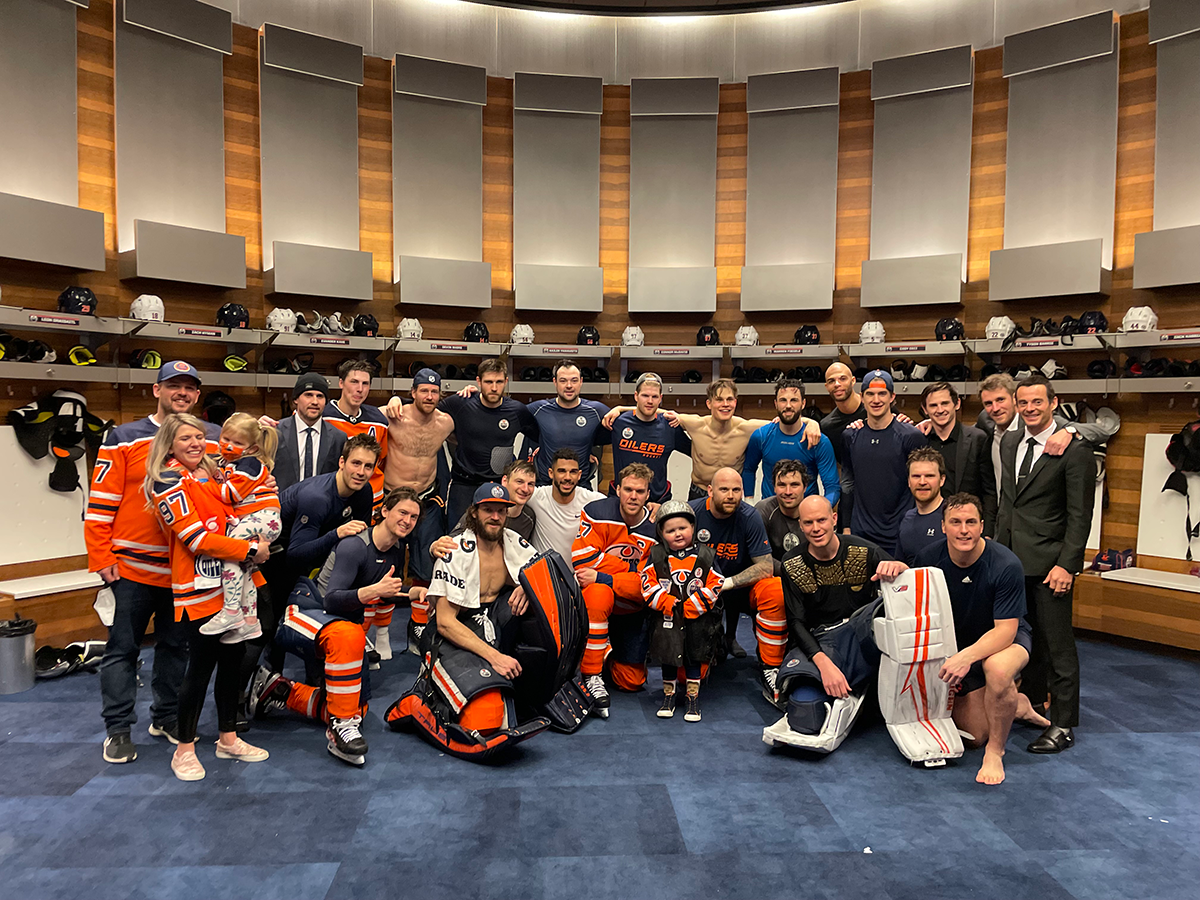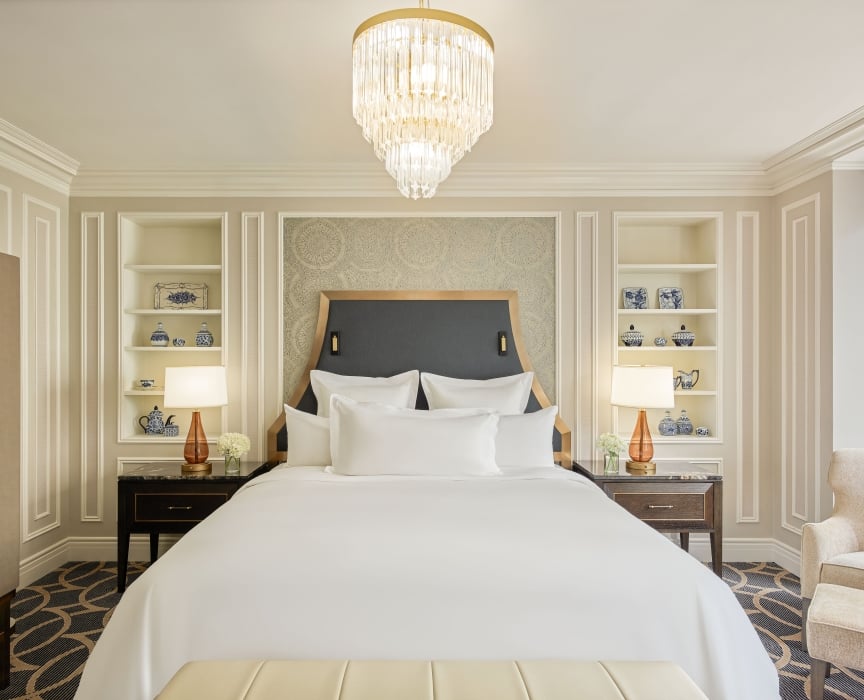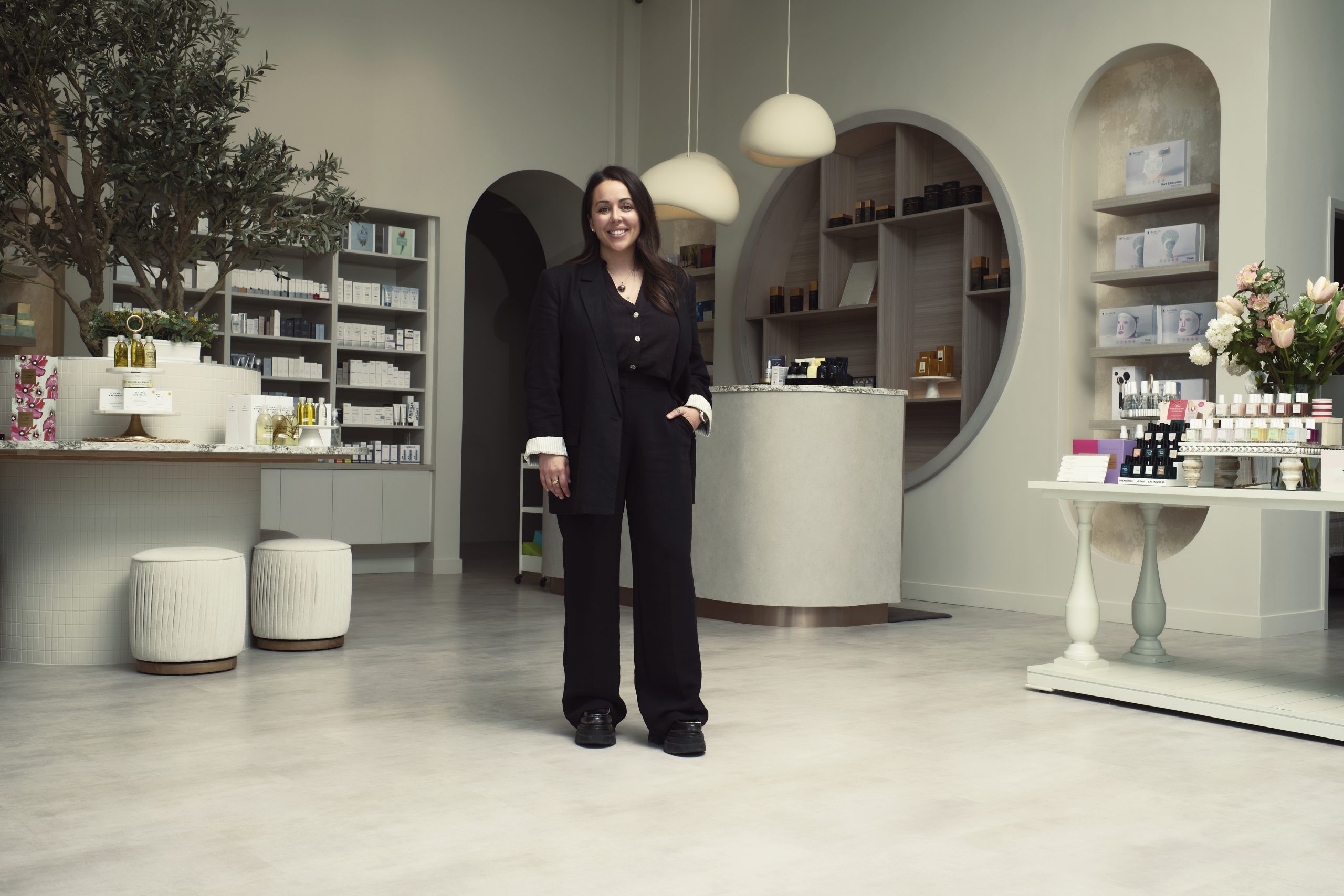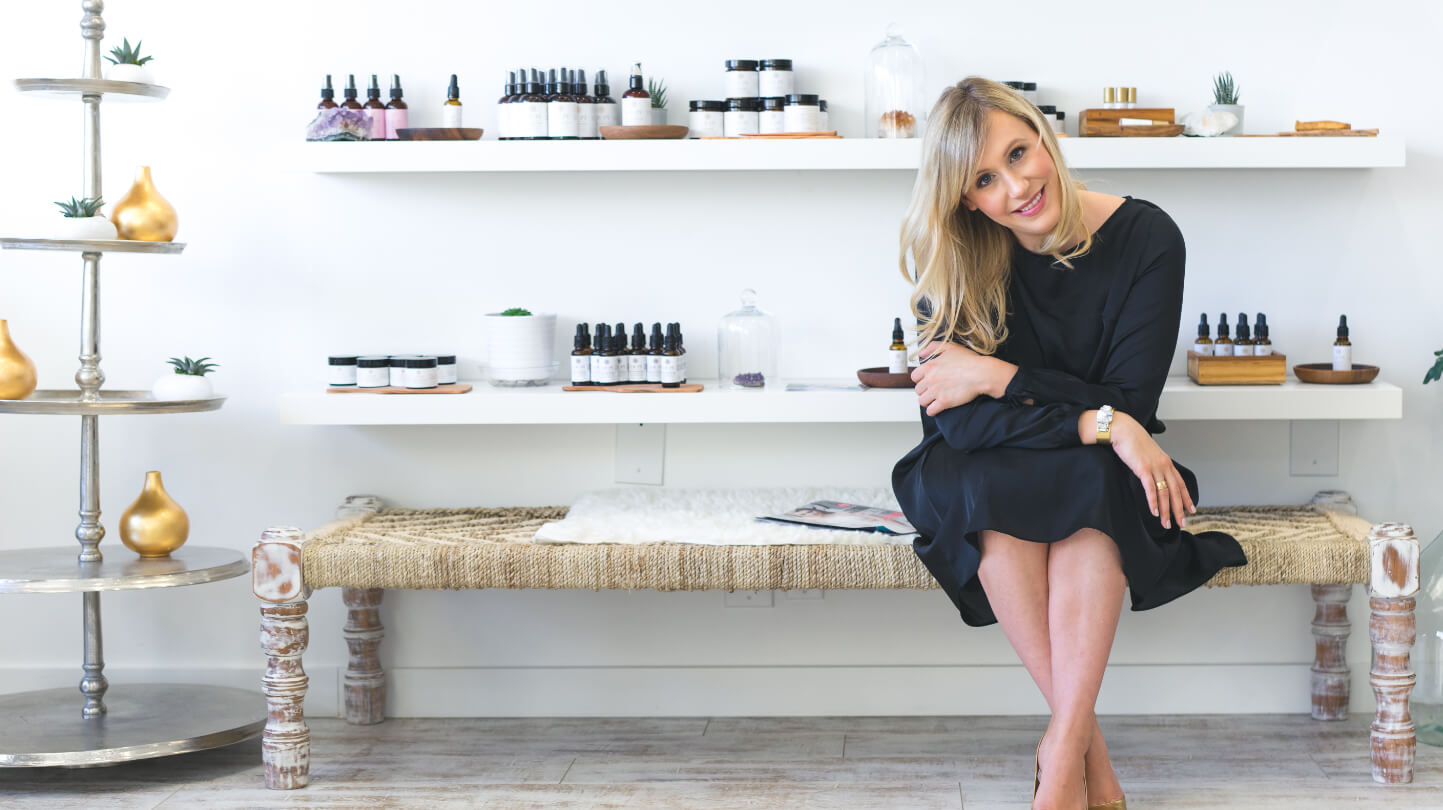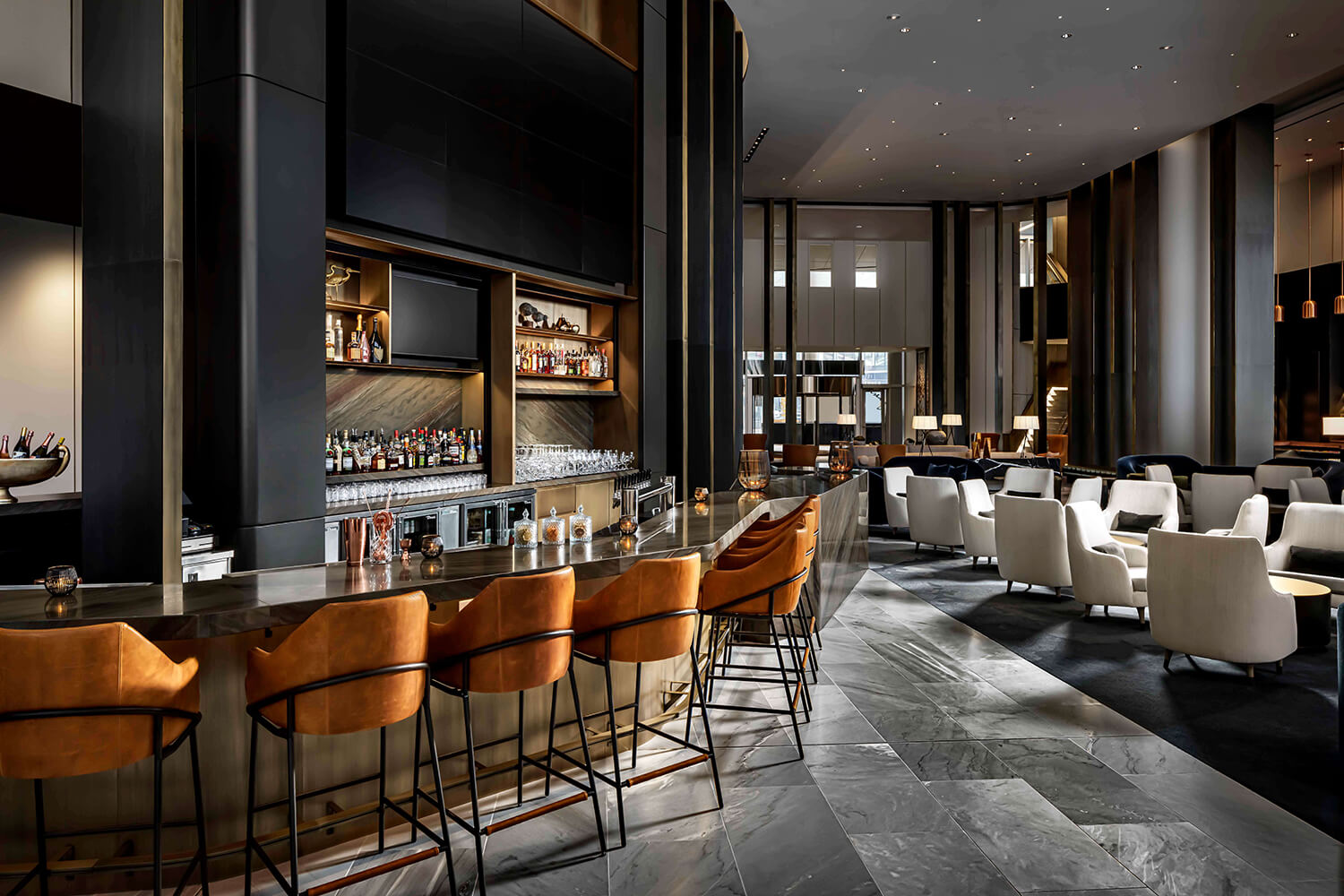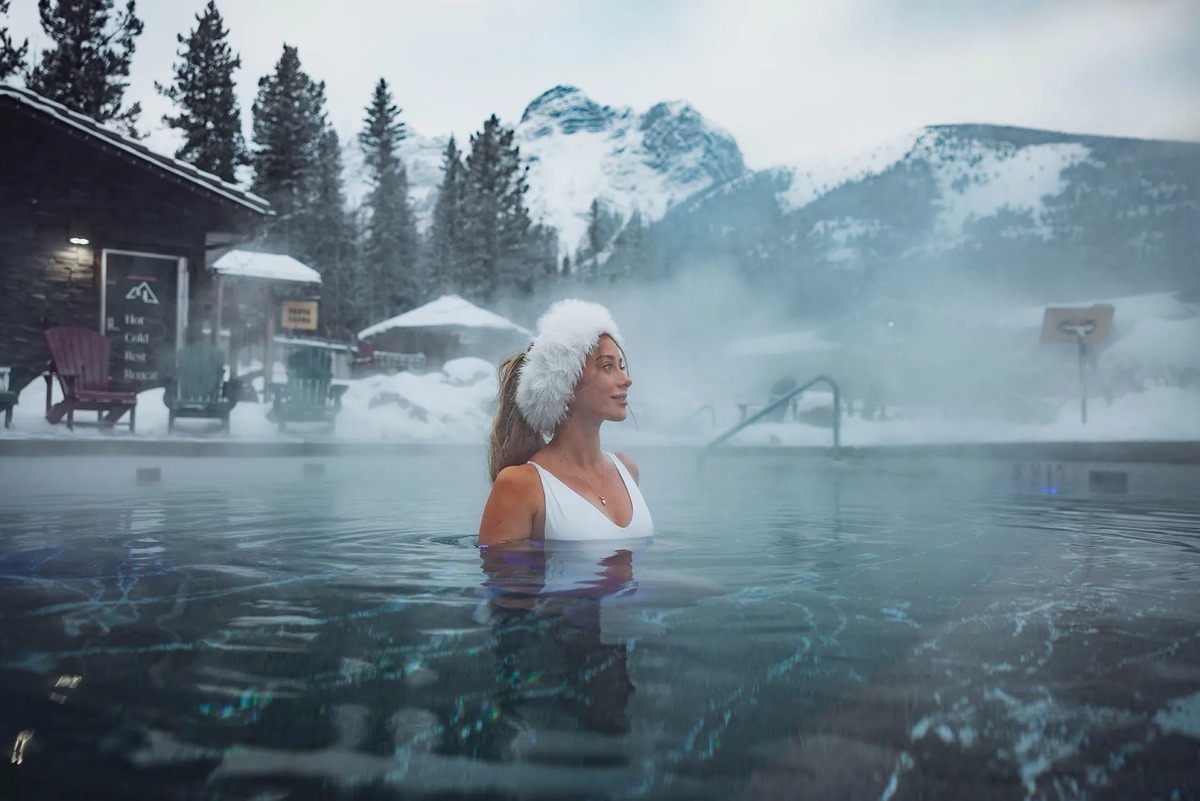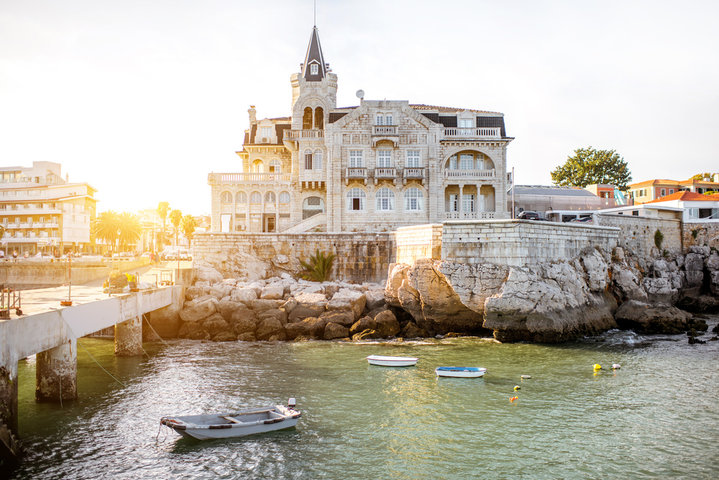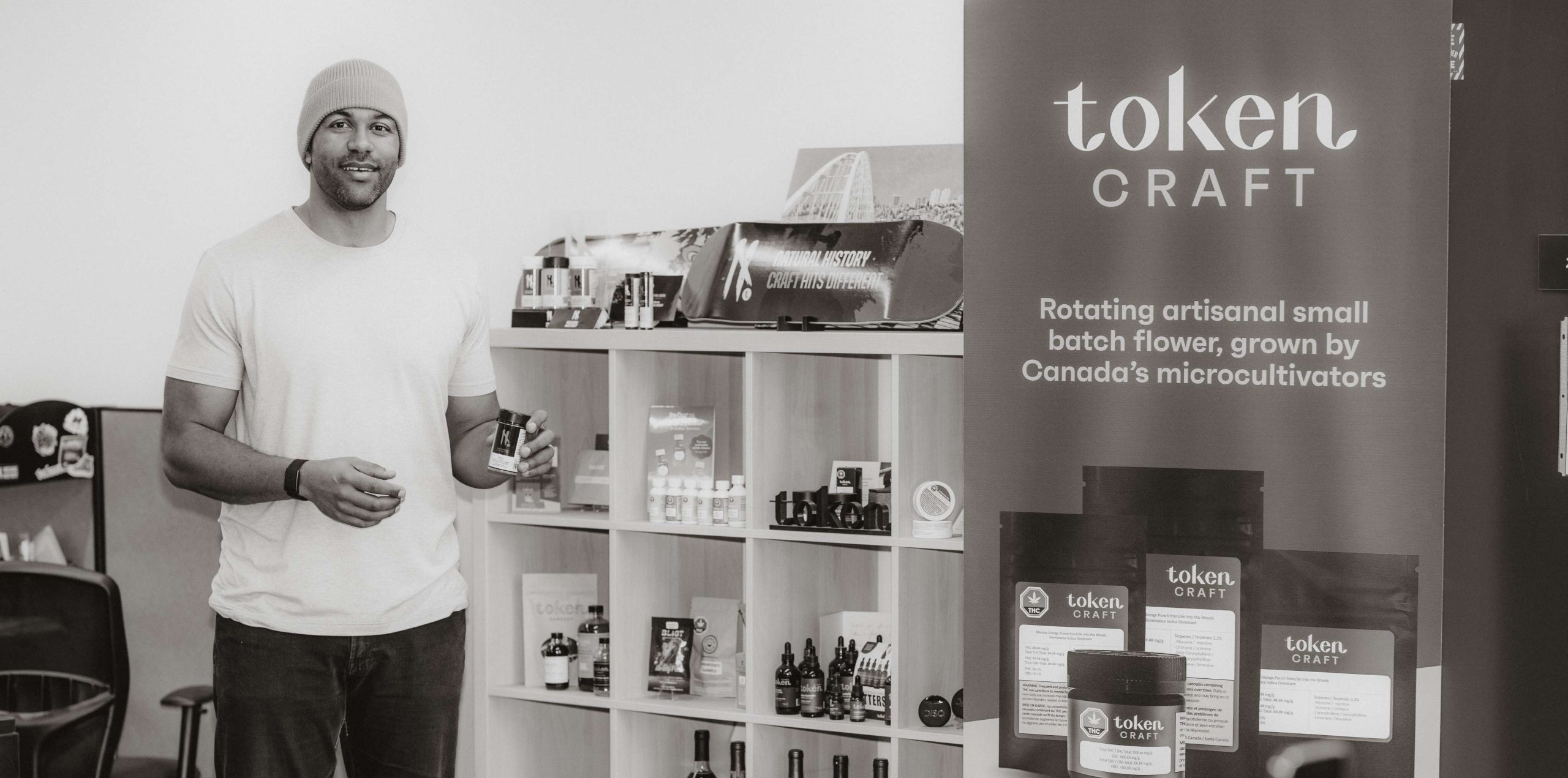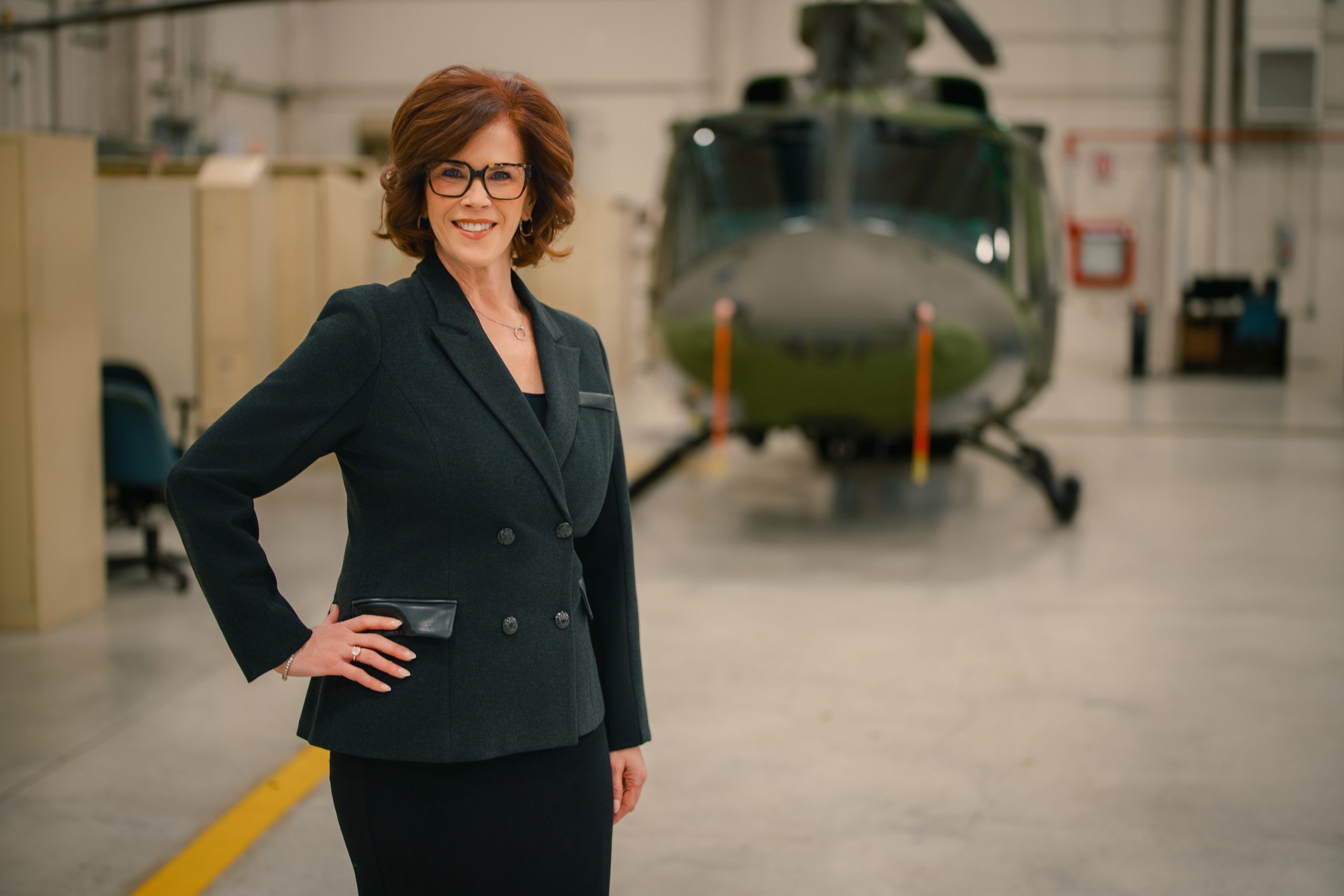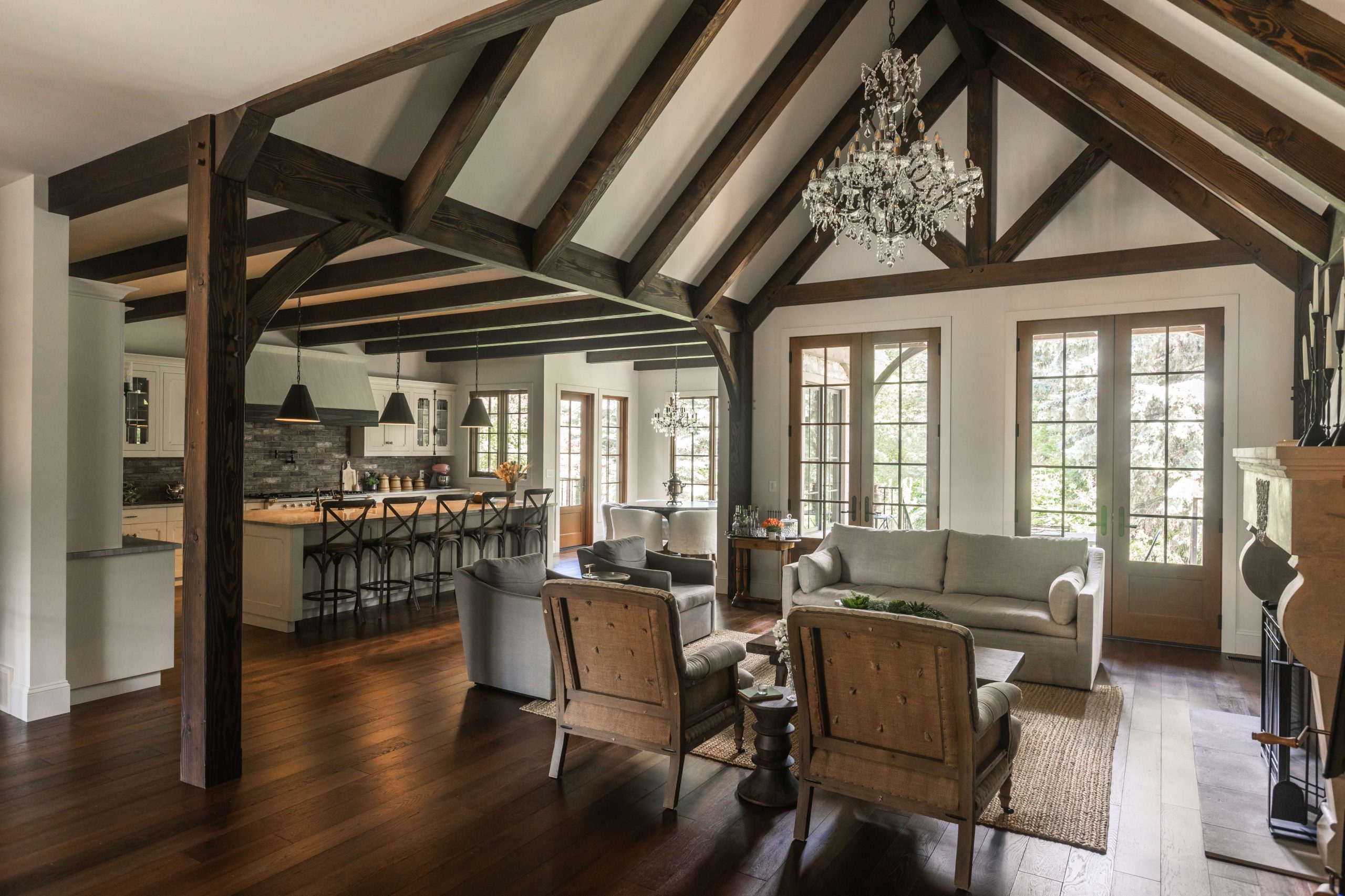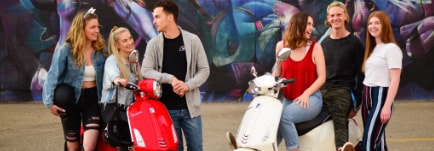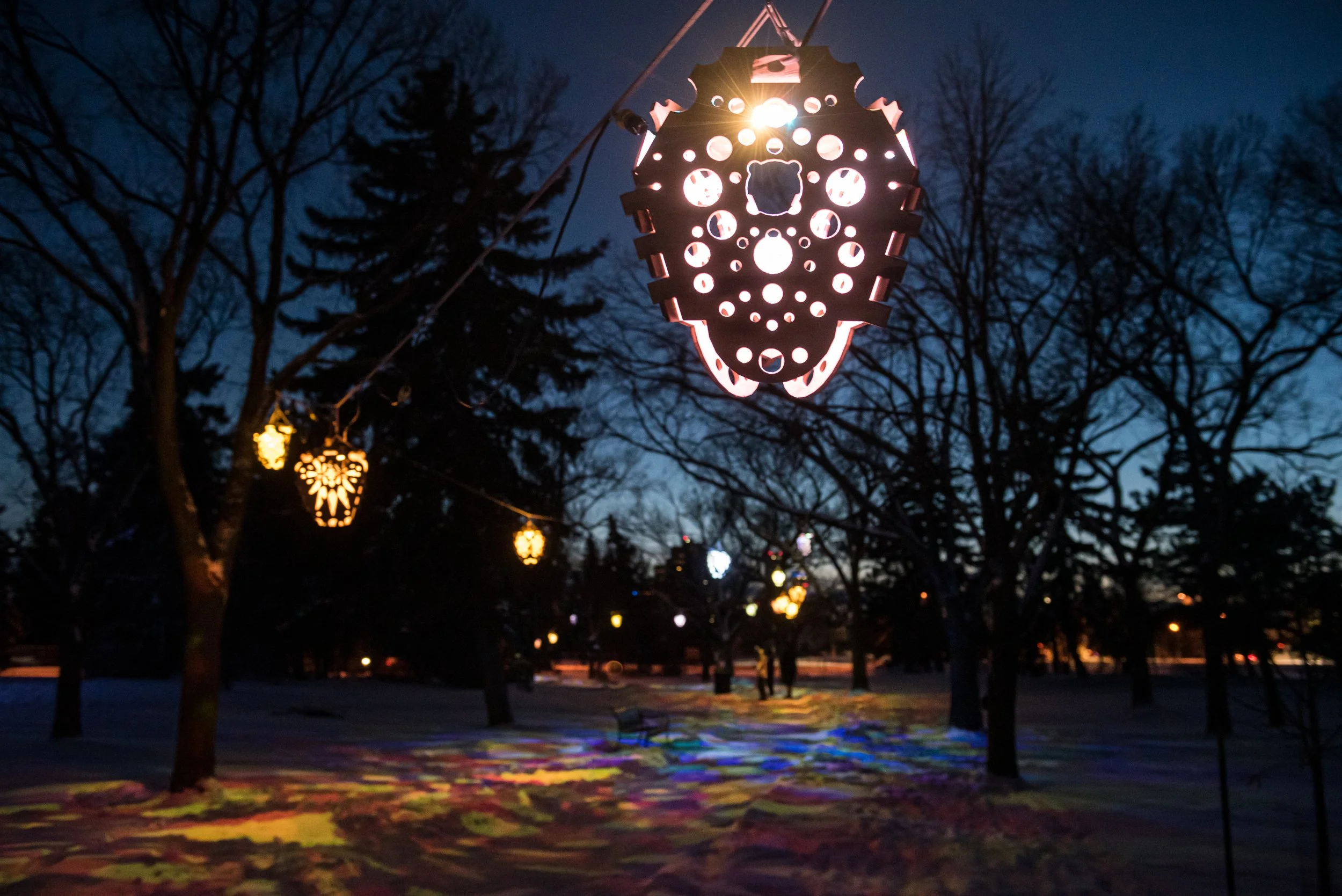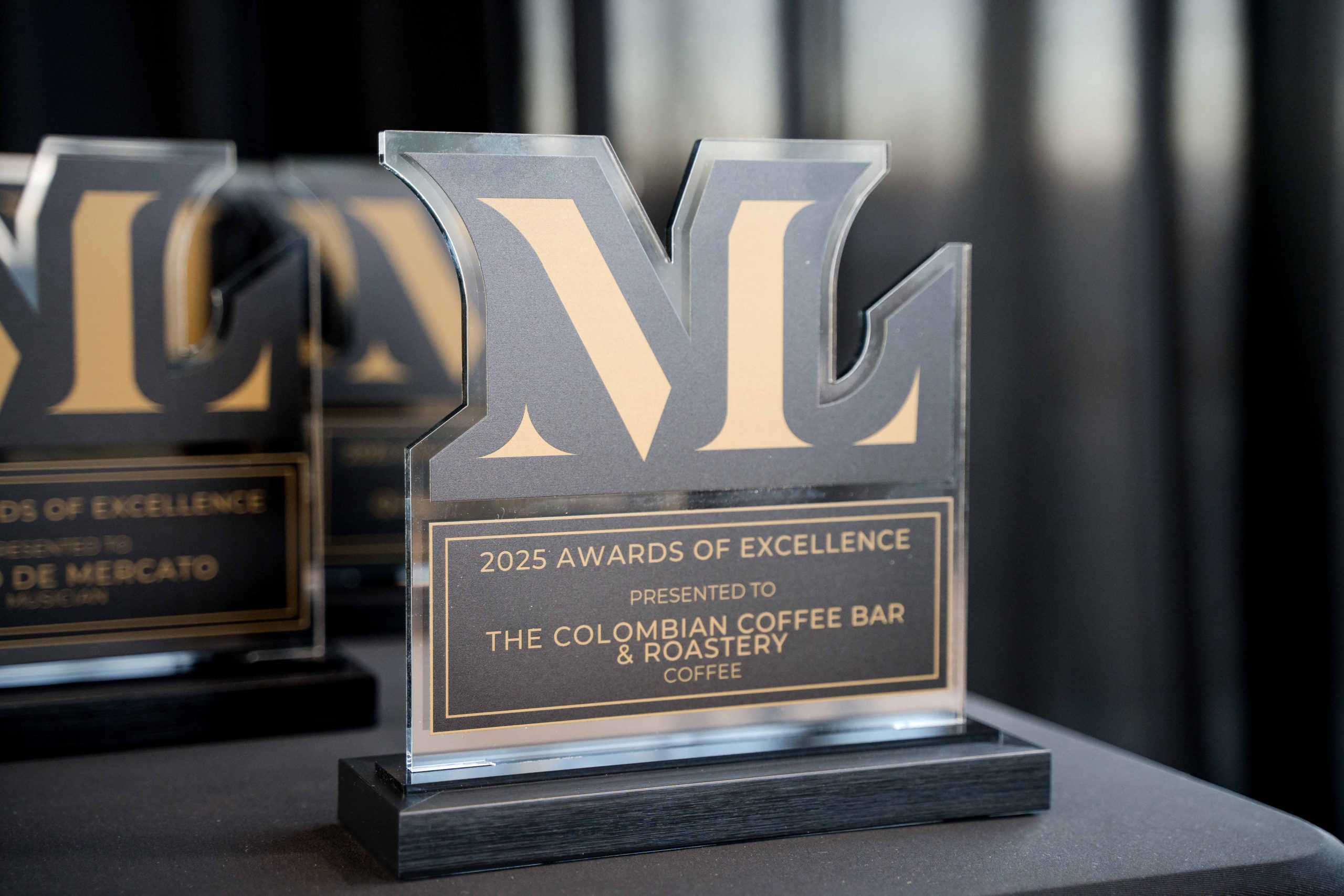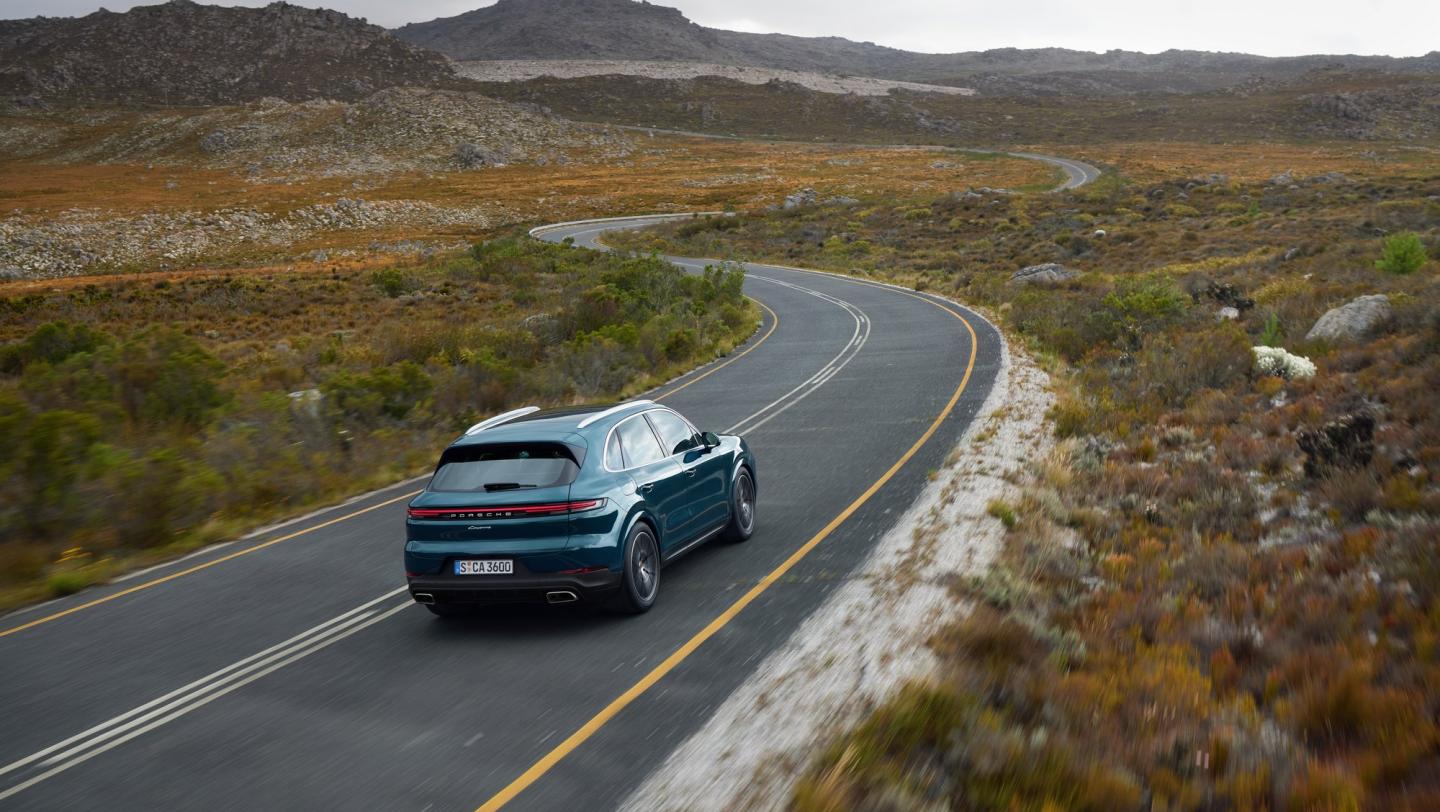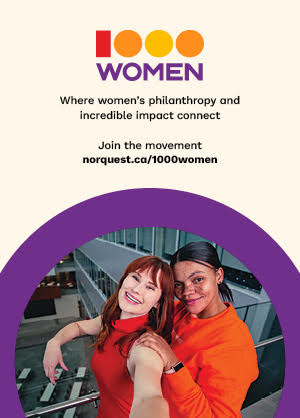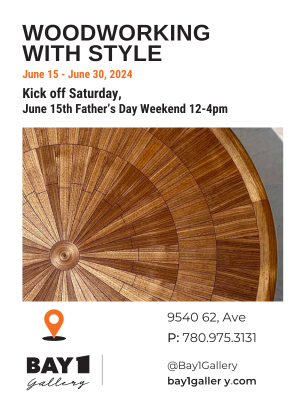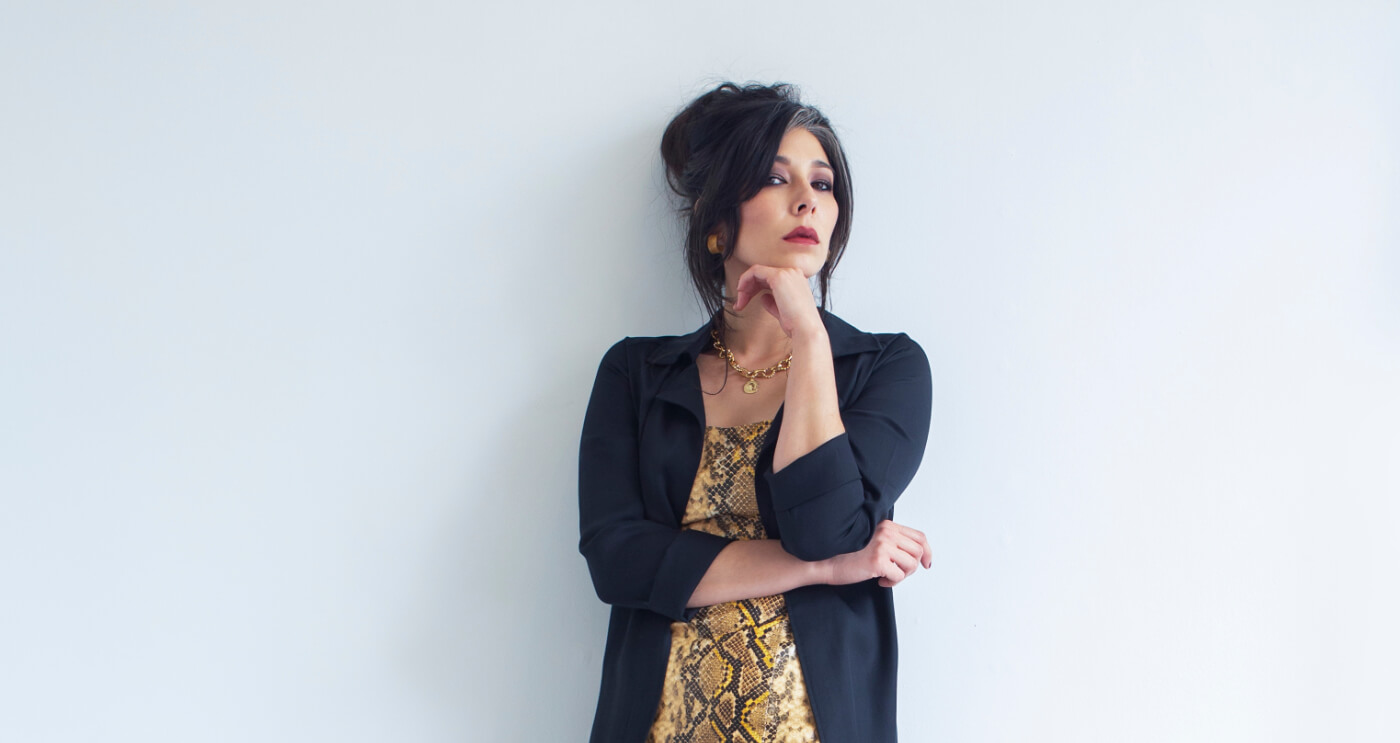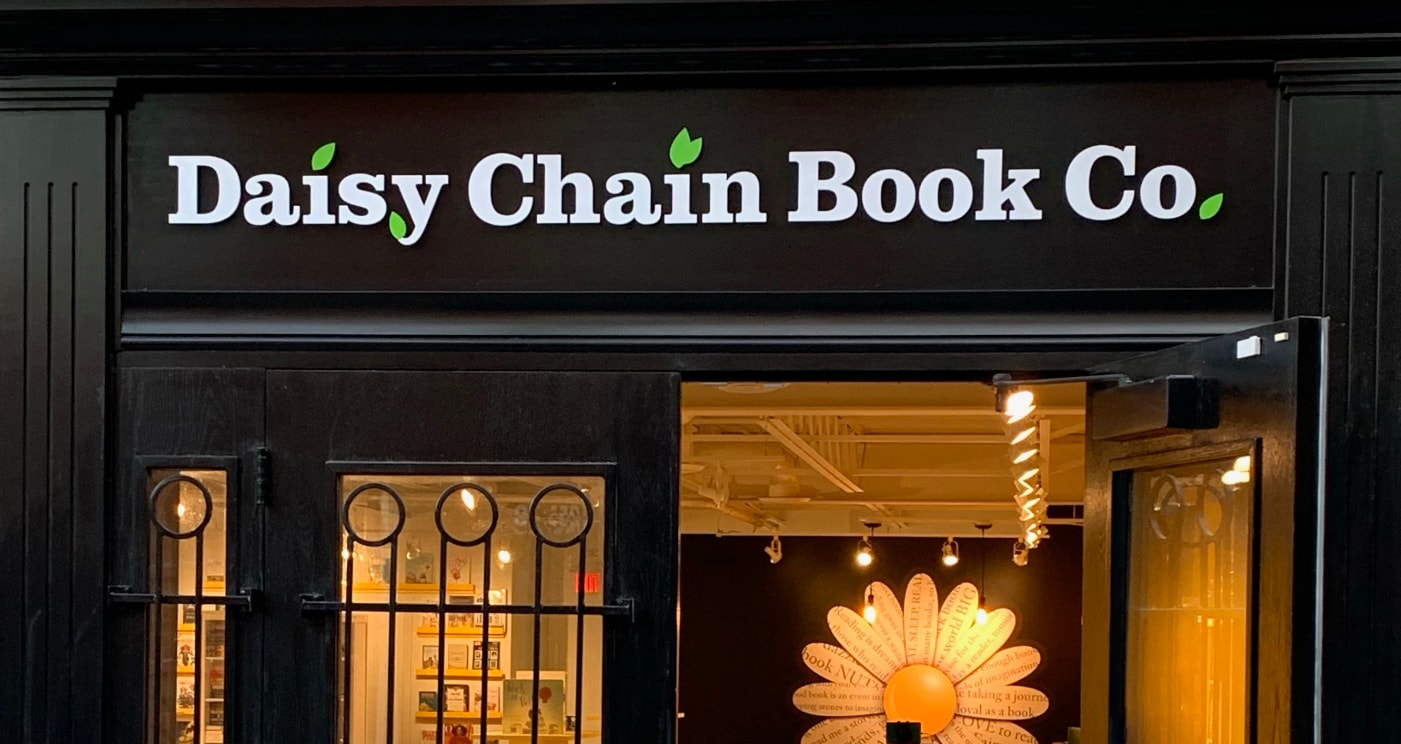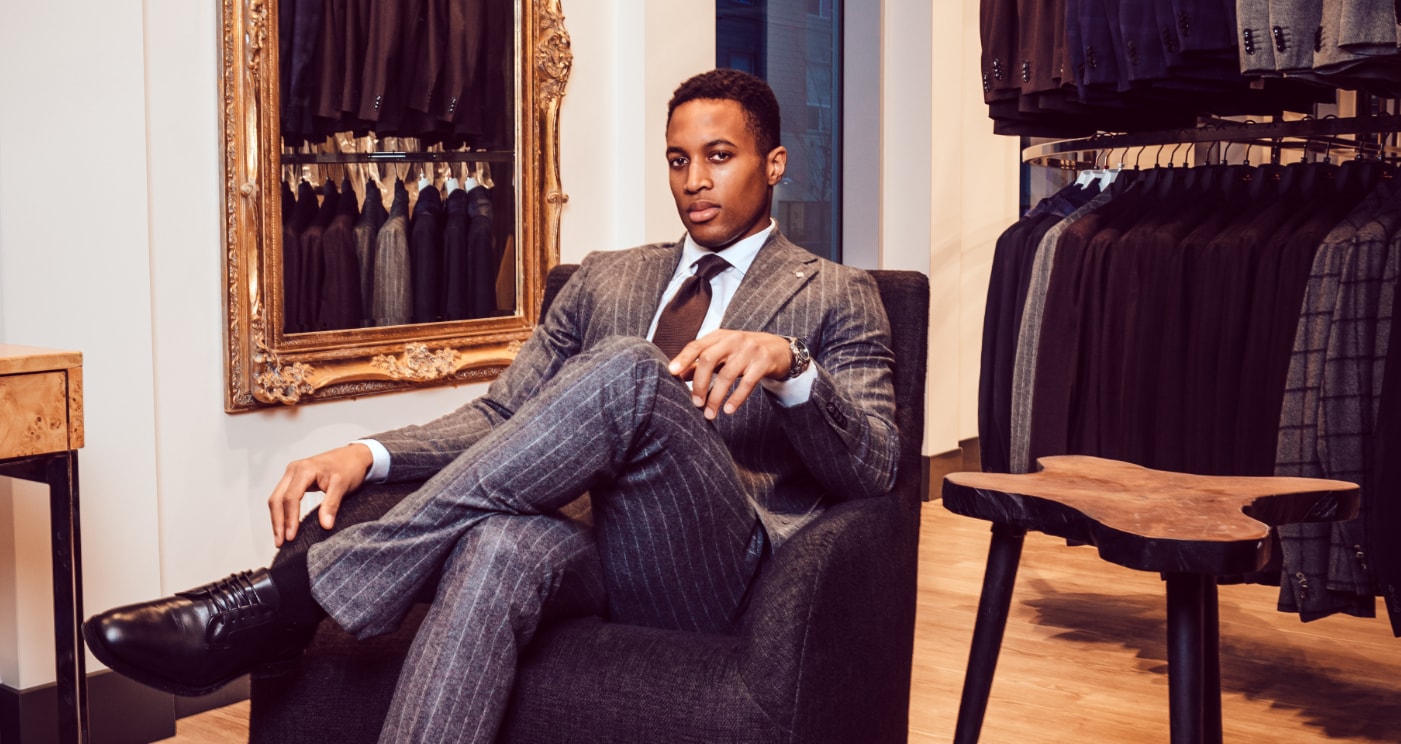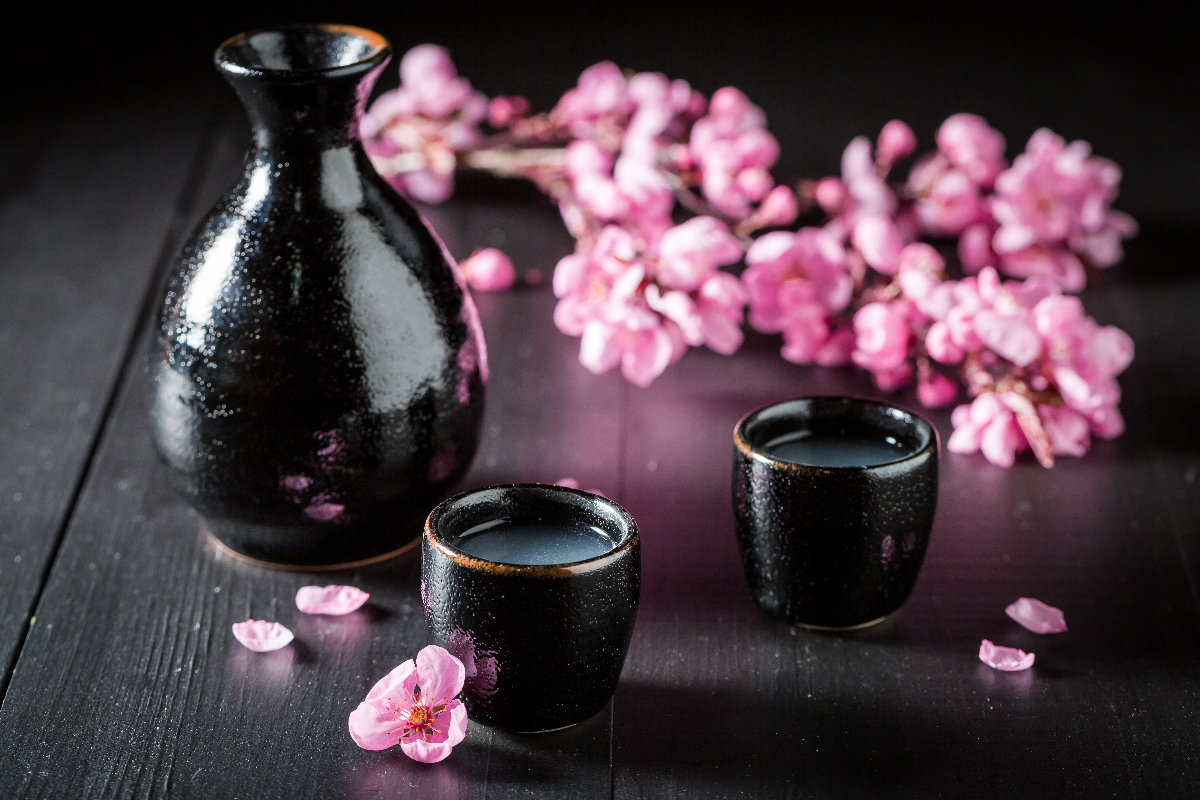How Poppy Barley is redefining luxury with ethics and empowerment
Sisters Justine and Kendall Barber, the dynamic duo behind Poppy Barley, have carved a niche in the luxury footwear market by championing ethical practices and high-quality design. Despite their lack of entrepreneurial lineage, the Barber sisters were fueled by a shared determination to create a socially responsible business. Today, Poppy Barley’s mission, “Luxury for the people and the planet,” encapsulates their commitment to ethical manufacturing and sustainable business practices. We sat down with the sisters to learn about how they began to trust their instincts in order to stay true to their values, while propelling Poppy Barley from modest startup to a respected name in the sustainable fashion industry.
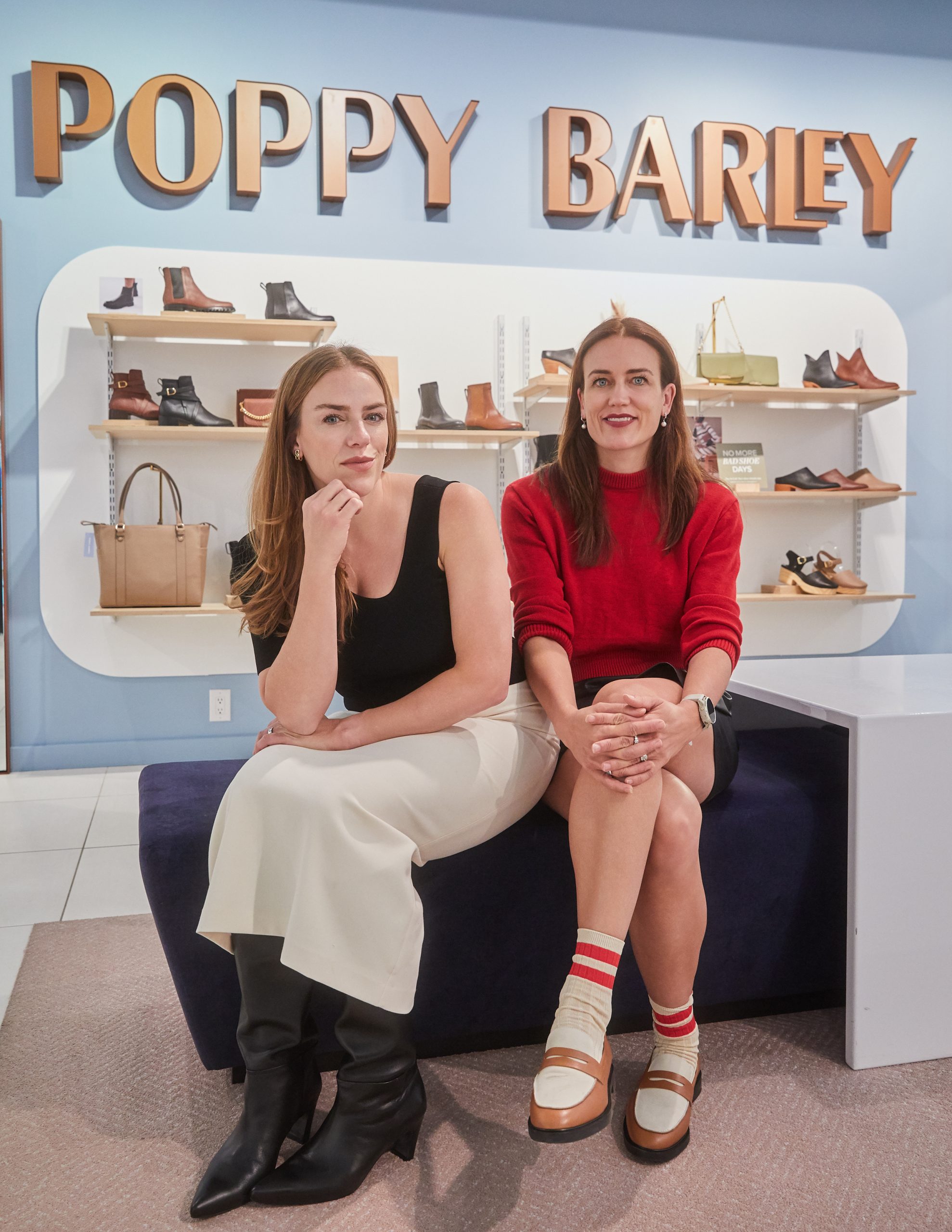
Tell us how the idea of Poppy and Barley came to be and how it expanded?
Justine: The inspiration for Poppy Barley came to me on a trip to Bali where I was custom measured for a pair of tall boots. I had always struggled, like many women, to find tall boots that fit well and were comfortable. The initial concept for Poppy Barley was made-to-order tall boots that were made for every woman. I tried to recruit Kendall through email while I was still in Bali and she said she wouldn’t quit her job, but she would help. Within a few months, we were working together. At that point we decided to each invest $5,000 and a week of vacation to see if we could find a manufacturer. We flew down to Mexico where we got connected to Lupita’s Footwear Factory which is still our primary factory. We worked through the spring, summer and into the fall developing prototypes, creating a website and getting the word out. We officially launched in November 2012, hired our first small team the following spring and now we have stores in Edmonton, Calgary and Vancouver.
Looking back, do you think your upbringing prepared you to be entrepreneurs together? Is it a shock to your family, or does it make sense that you would partner together on this venture?
Kendall: We don’t come from a family of entrepreneurs. Our dad worked for the railway and we moved a lot. From a very young age, I declared that I wanted to own my own business. I think that I craved control in the sense that I wanted to decide where I was going to live and what I was going to do. Our parents were definitely our biggest supporters but I think that they were also nervous about the risk that we were taking. They both grew up in a small town and they left and took on big opportunities to push themselves. We grew up watching that. We grew up watching people do the hard things for their dreams.
Your mission is “Luxury for the people and the planet.” Can you tell us more about why ethical manufacturing is so important to you?
J: We work directly with all of our factories. We visit them in person and screen them for working conditions as well as other ethical human rights practices. We believe behind every product there is also a person. We are in the business of bestsellers; we like to create a product that we can sell for many years. This means instead of just a seasonal order, we actually place a monthly order, which creates a new and better way of working together. This gives us a lot of data to forecast demand and anticipate what we’re going to sell. We’re not creating excessive inventory and we’re also giving our factories consistent business, which helps them plan their businesses and keep their craftsmen employed.
In addition to ethical manufacturing processes, you are also interested in giving back to the world in another way. Tell us more about The Future Fund and how you aim to change the lives of young girls.
K: We set up The Future Fund to address the girl gap. We refer to the girl gap as the years between 11 and 14. Research shows that if you can get those years right for a girl, it’s a huge step up. This age is very challenging… from a societal perspective, emotionally and hormonally. One of the resources that we’ve been supporting is financial literacy for girls so that they understand money inside and out. Financial literacy for girls and women is vital; whether you’re leaving an abusive relationship, starting a business, setting up your career, being a single mom, or you are a decision maker at work. The other pillar is kids in sport, and specifically girls and sport. Unfortunately girls drop out of sport at an alarming rate right between those ages 11 to 14, and yet 94% of female leaders have a sport’s background. We believe that learning to move your body will result in loving your body in a lot of different ways. Staying connected to who you are is important.
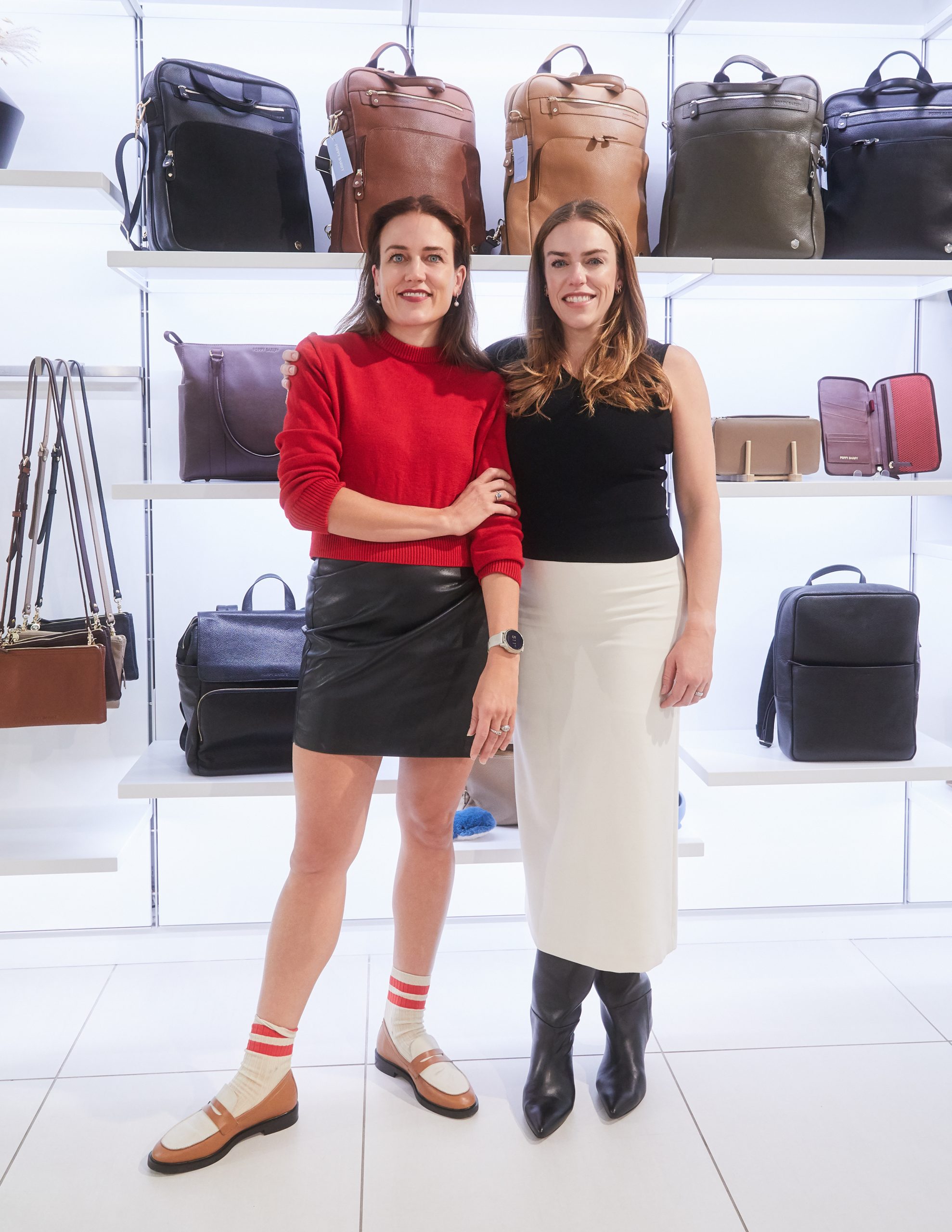
What lessons have you learned along the way, taking your business from a two person operation to what it has grown into today?
K: One of the most important lessons we’ve learned is to trust our own instincts. In the beginning, when you have no idea what you’re doing, you’re very aware that you don’t know what you’re doing. Every person’s advice hit me so hard and I wanted to take everyone’s advice and act on it. Not anymore. The confidence about what we want Poppy Barley to be is inside of us. We know our business best and trusting ourselves has been vital. As the decisions get bigger and there’s more at stake, we’ve also developed a lot of tools along the way to make those bigger decisions. We must ask ourselves, is this decision rooted in my values? Is it rooted in the vision that we have for the company? Is this the best decision I can make at this moment? Then we end with a lot of grace.
Places To Be
See this month's local flavours, products, and services.
